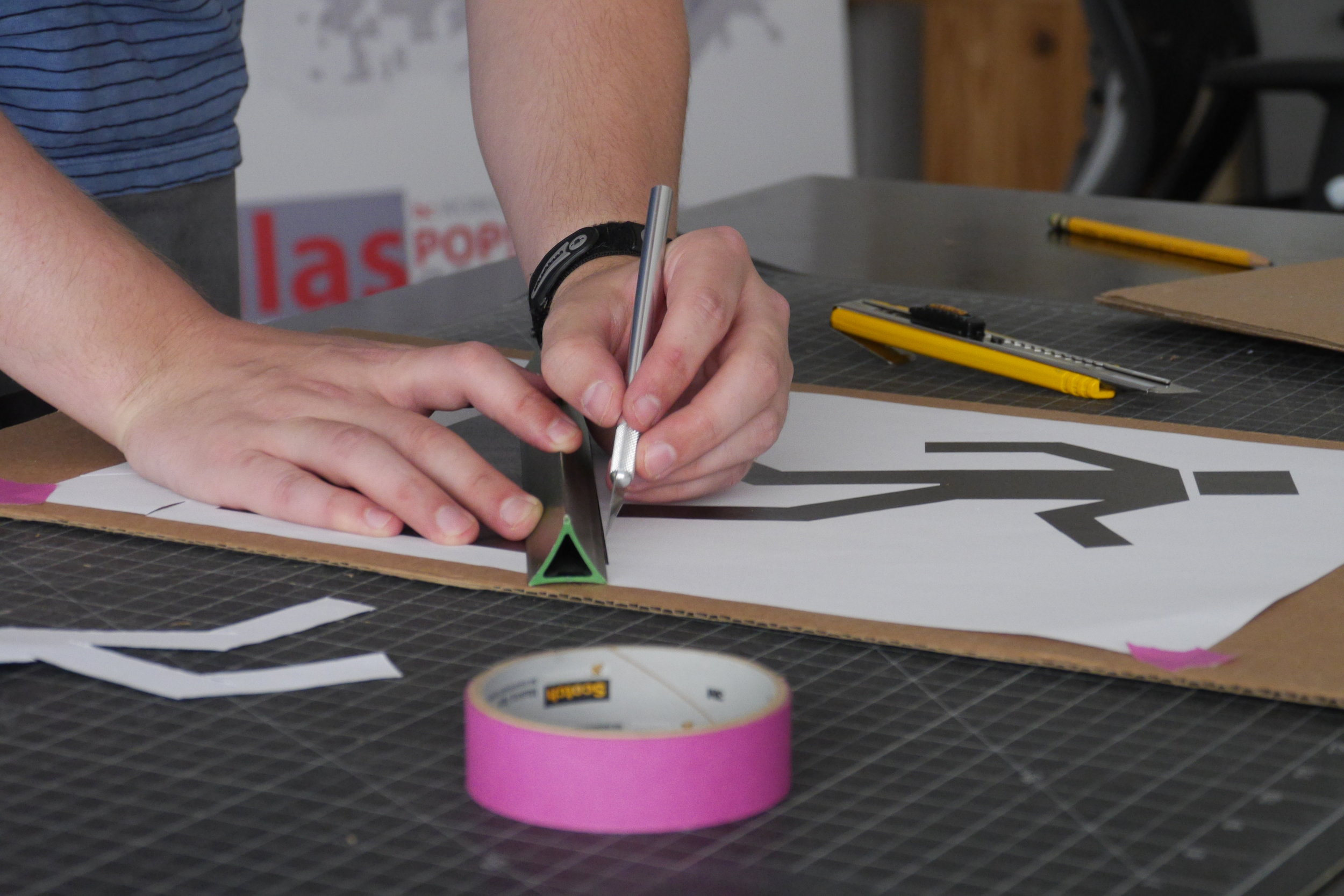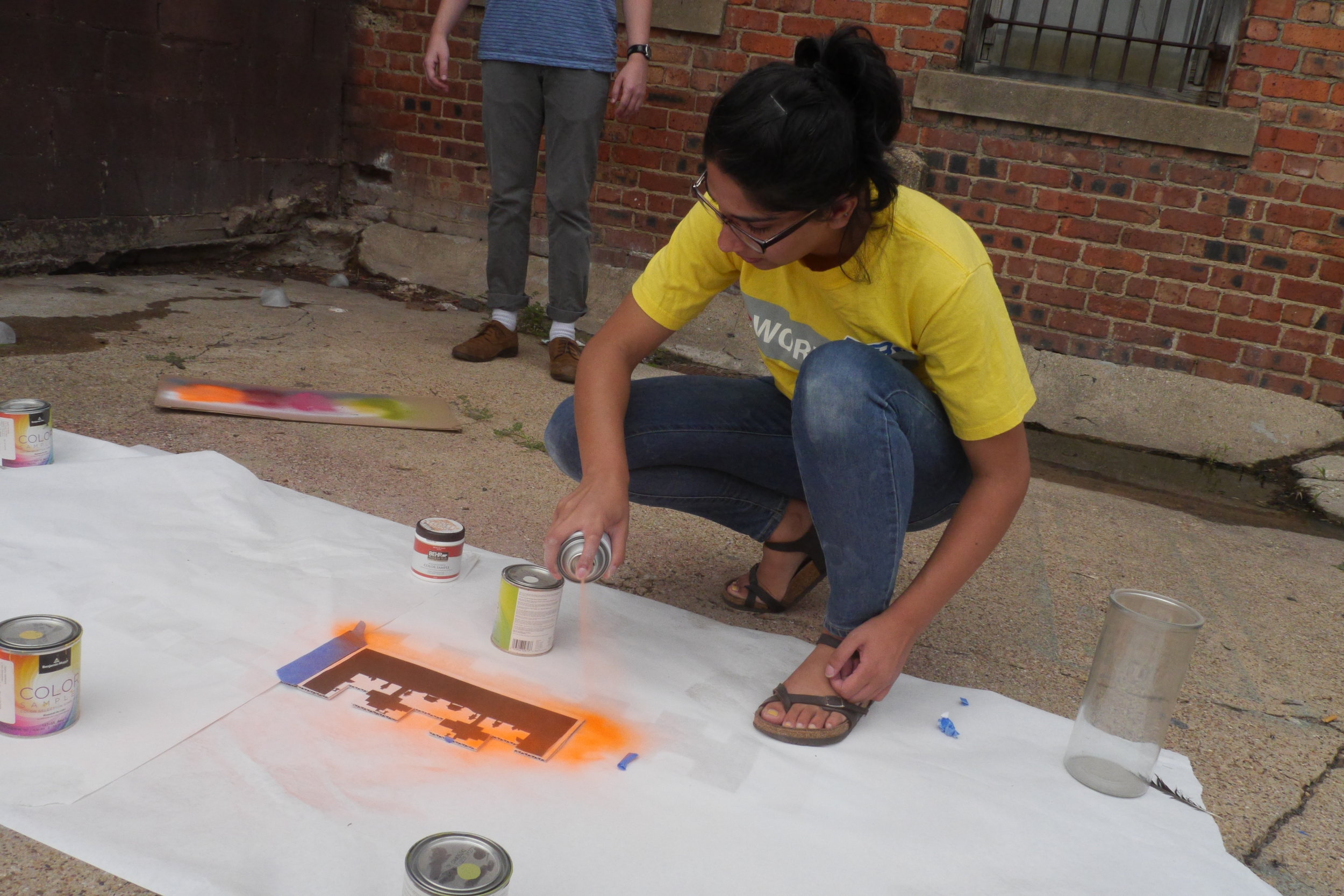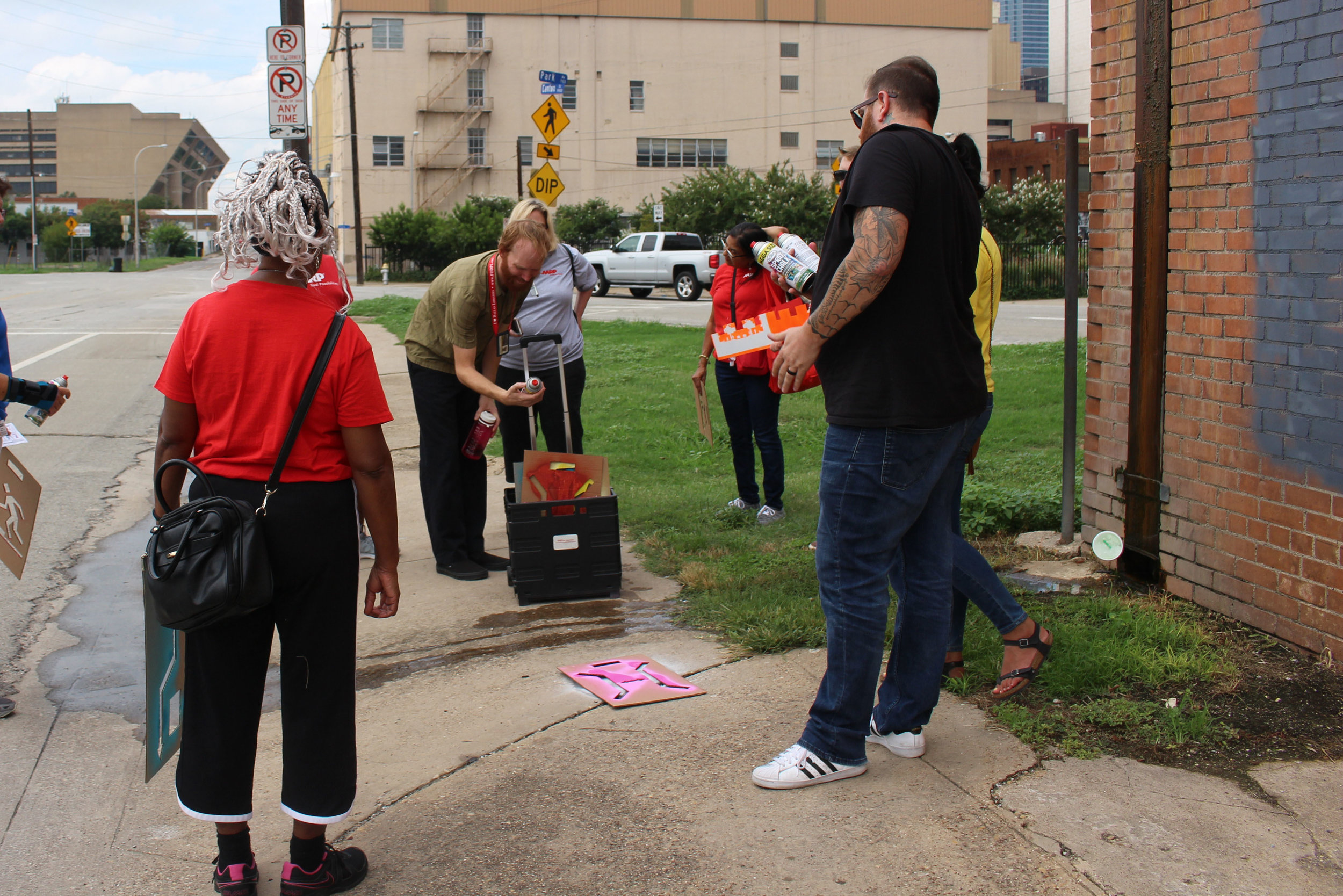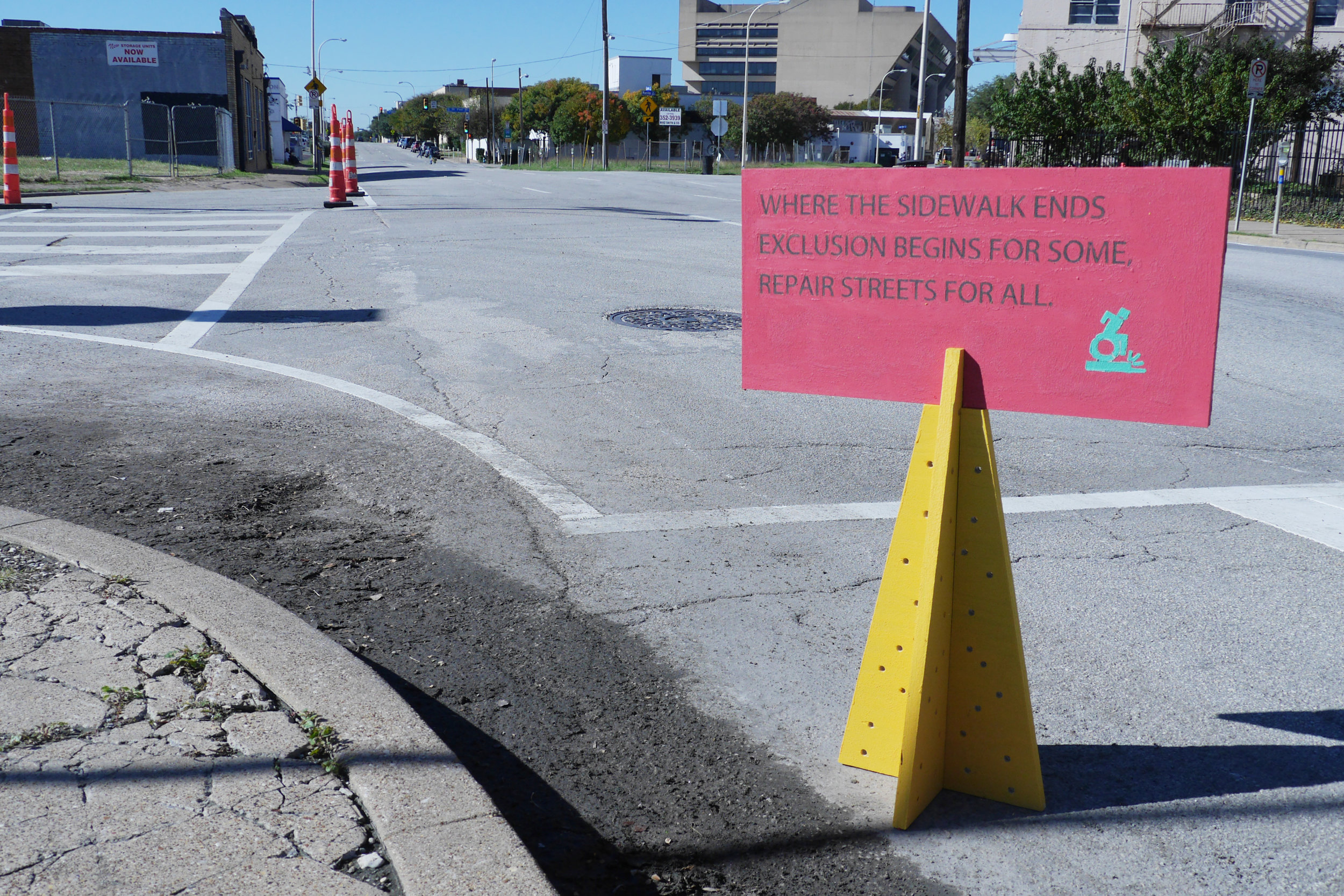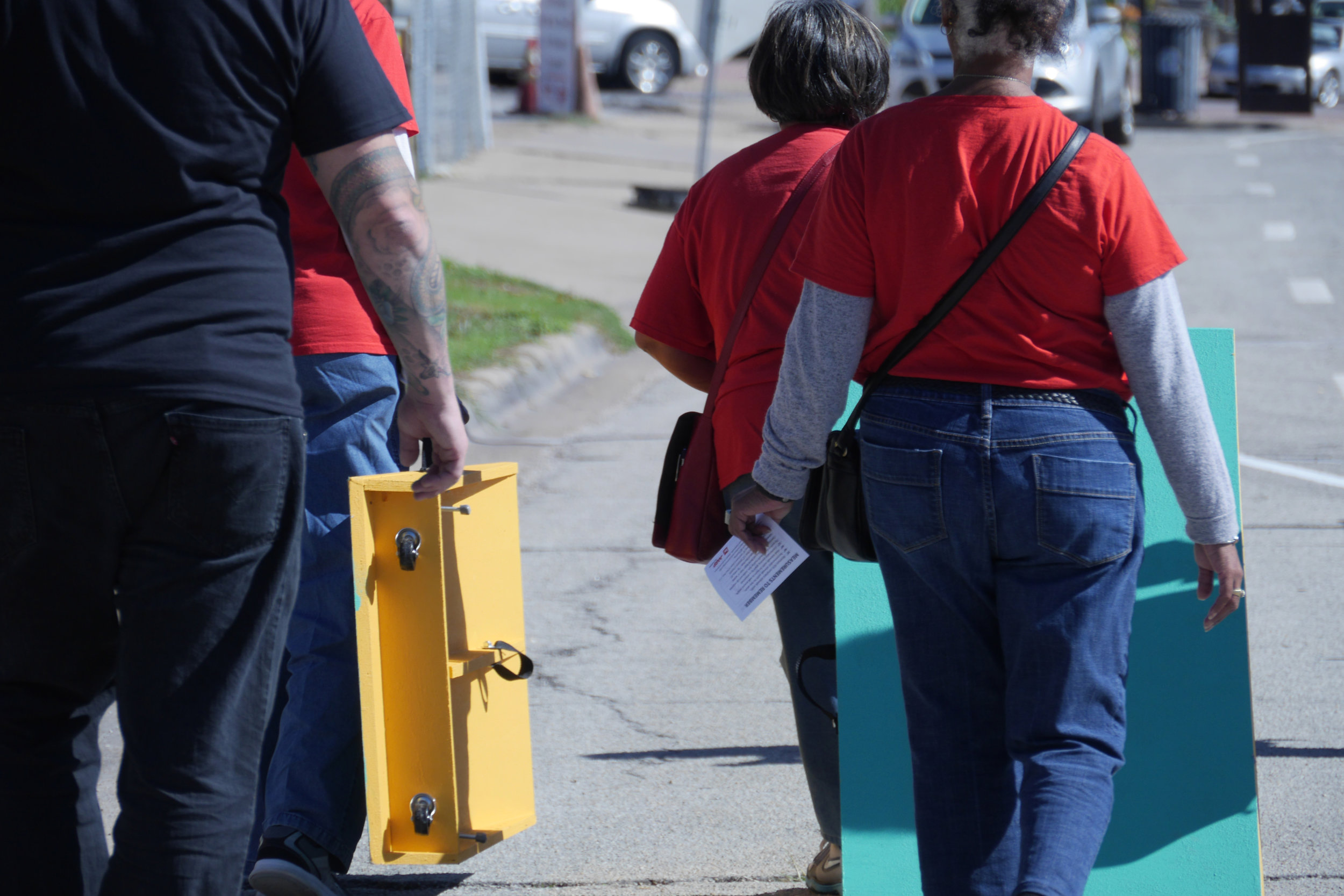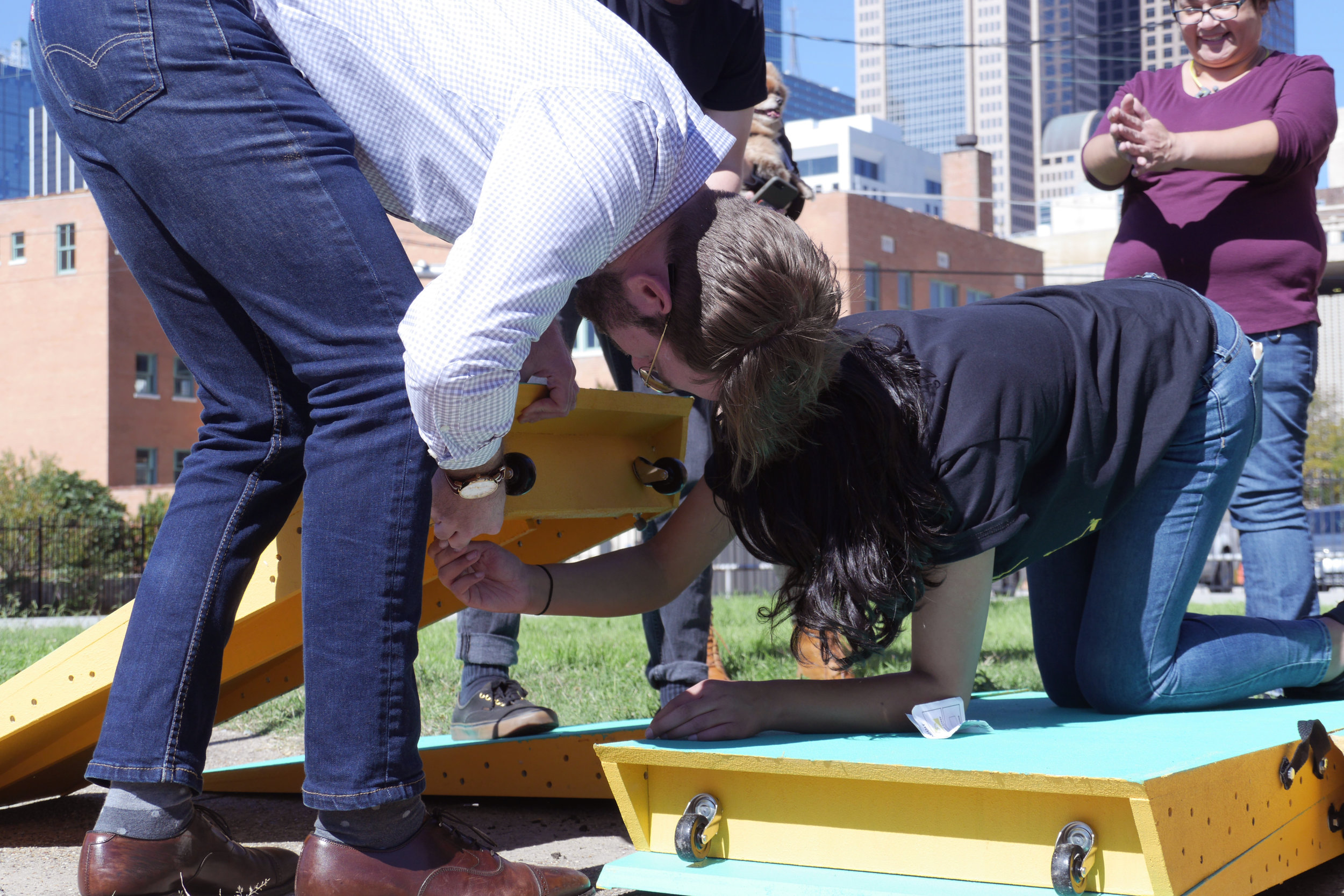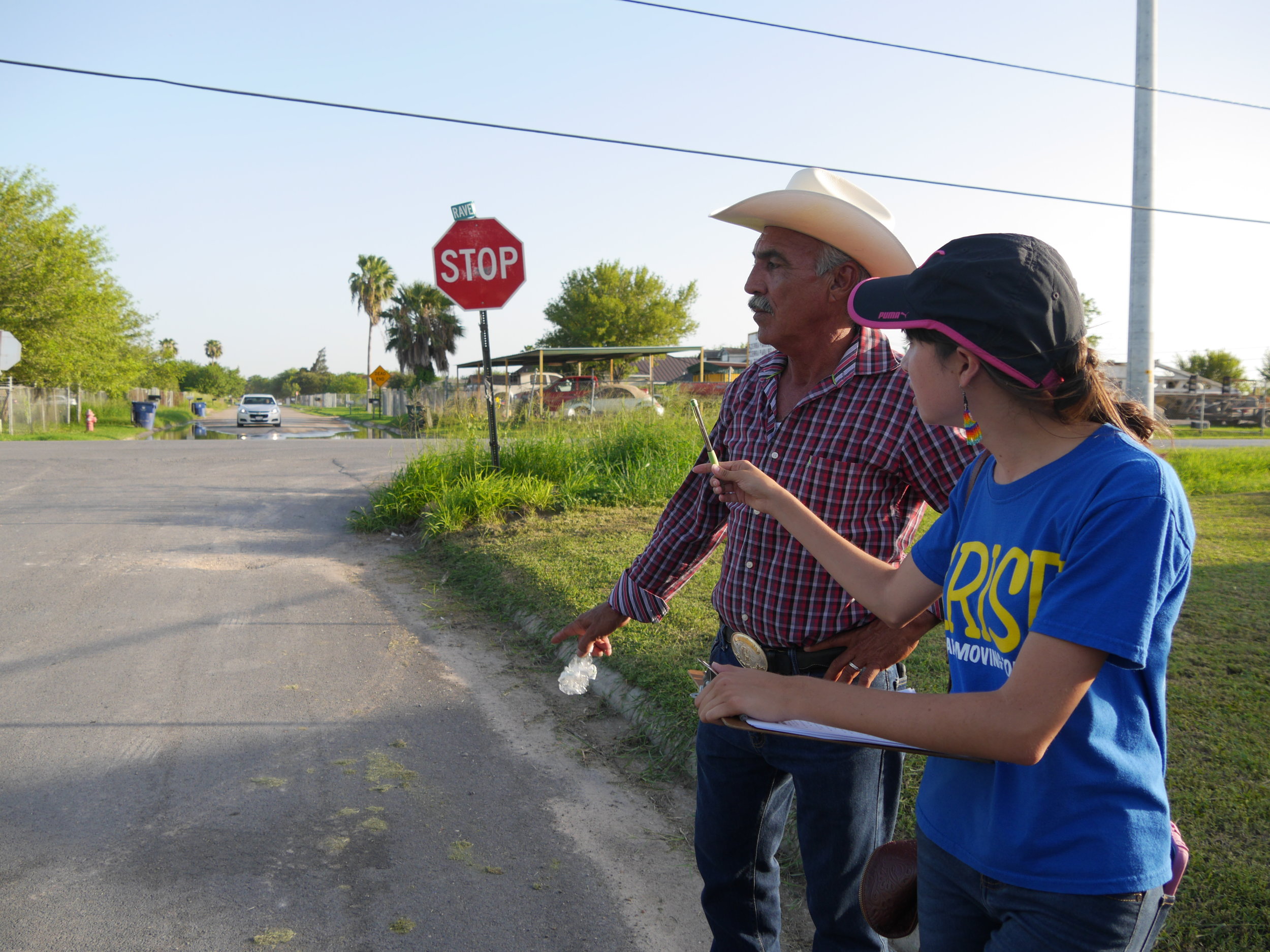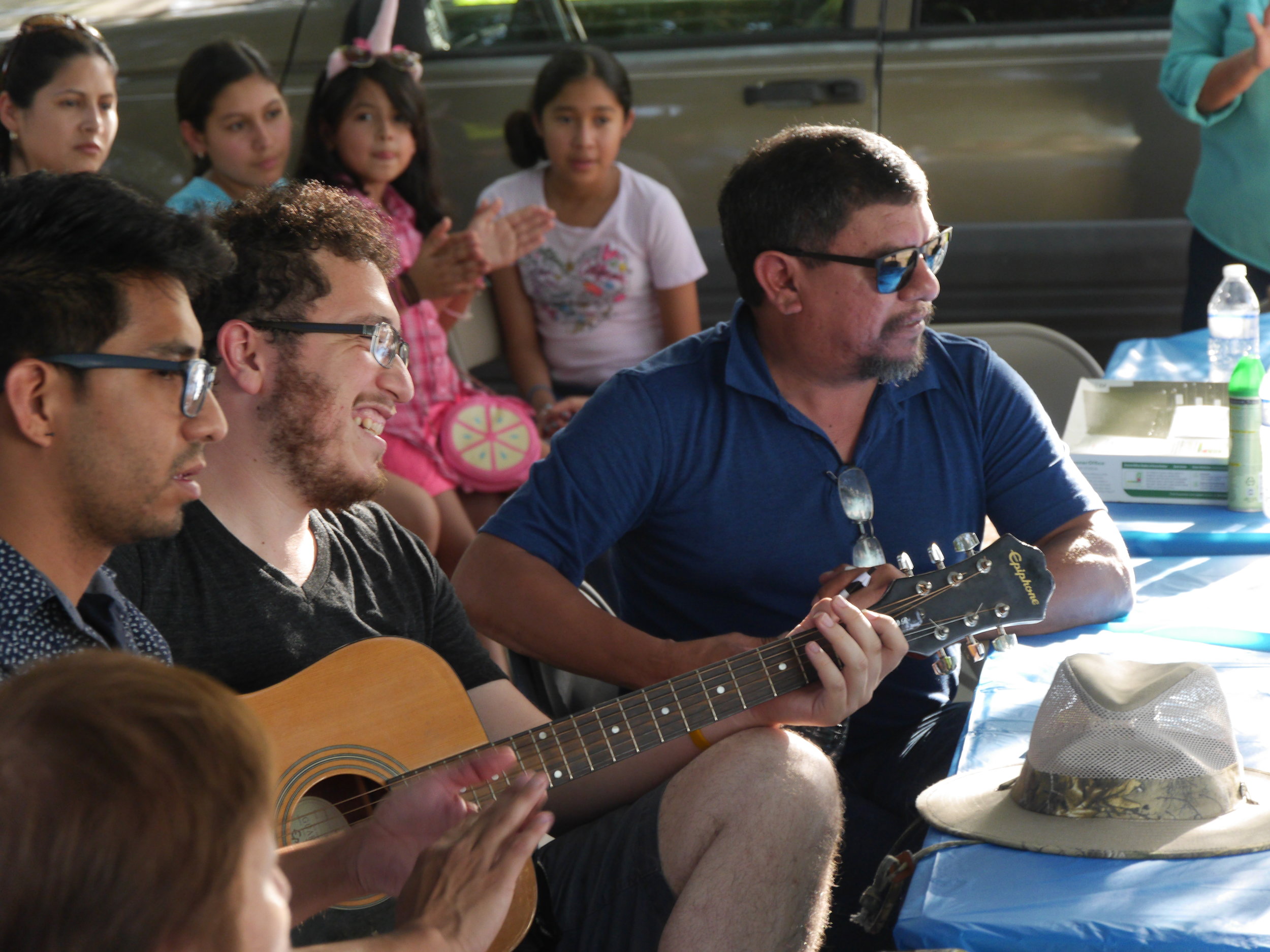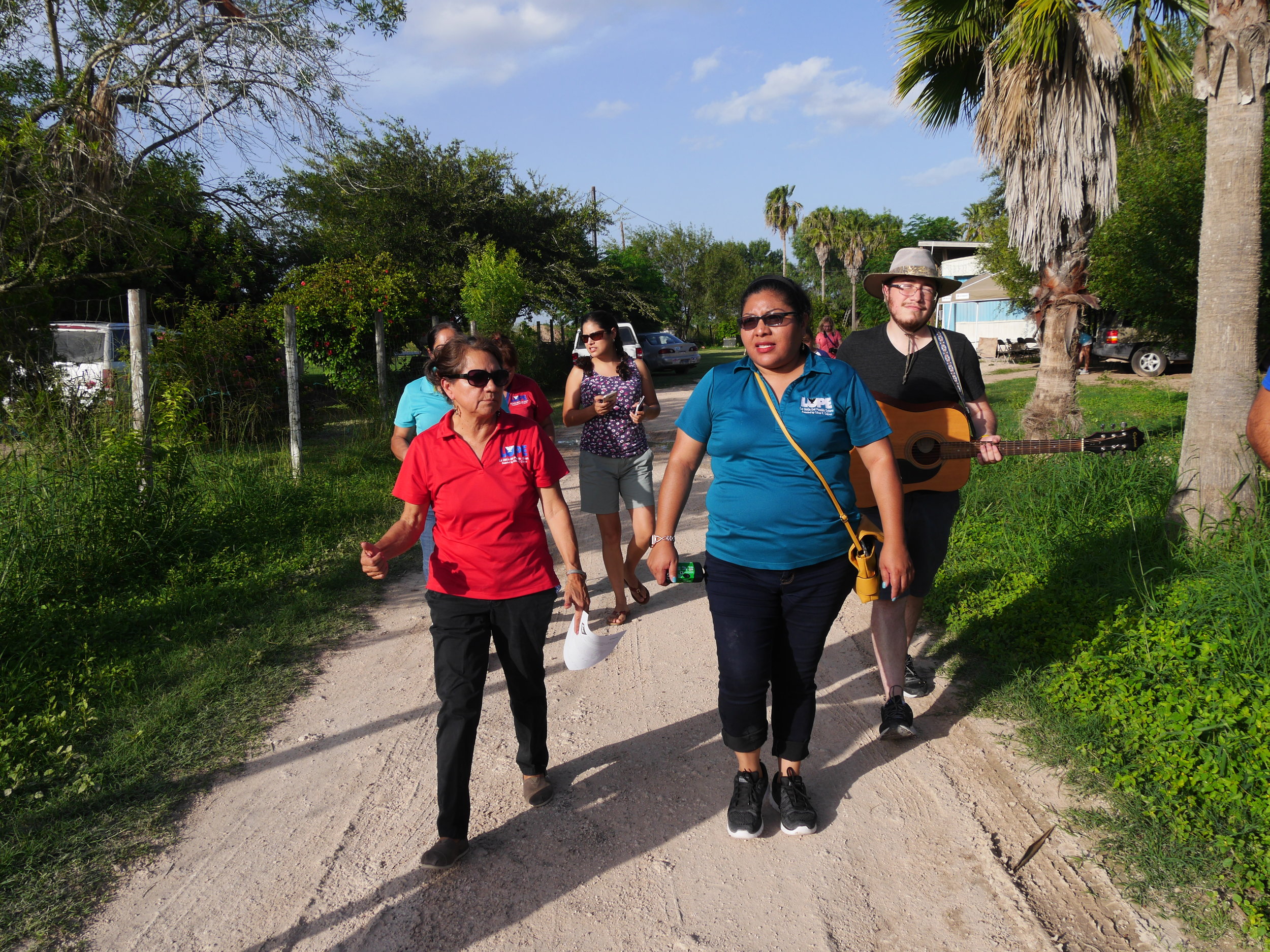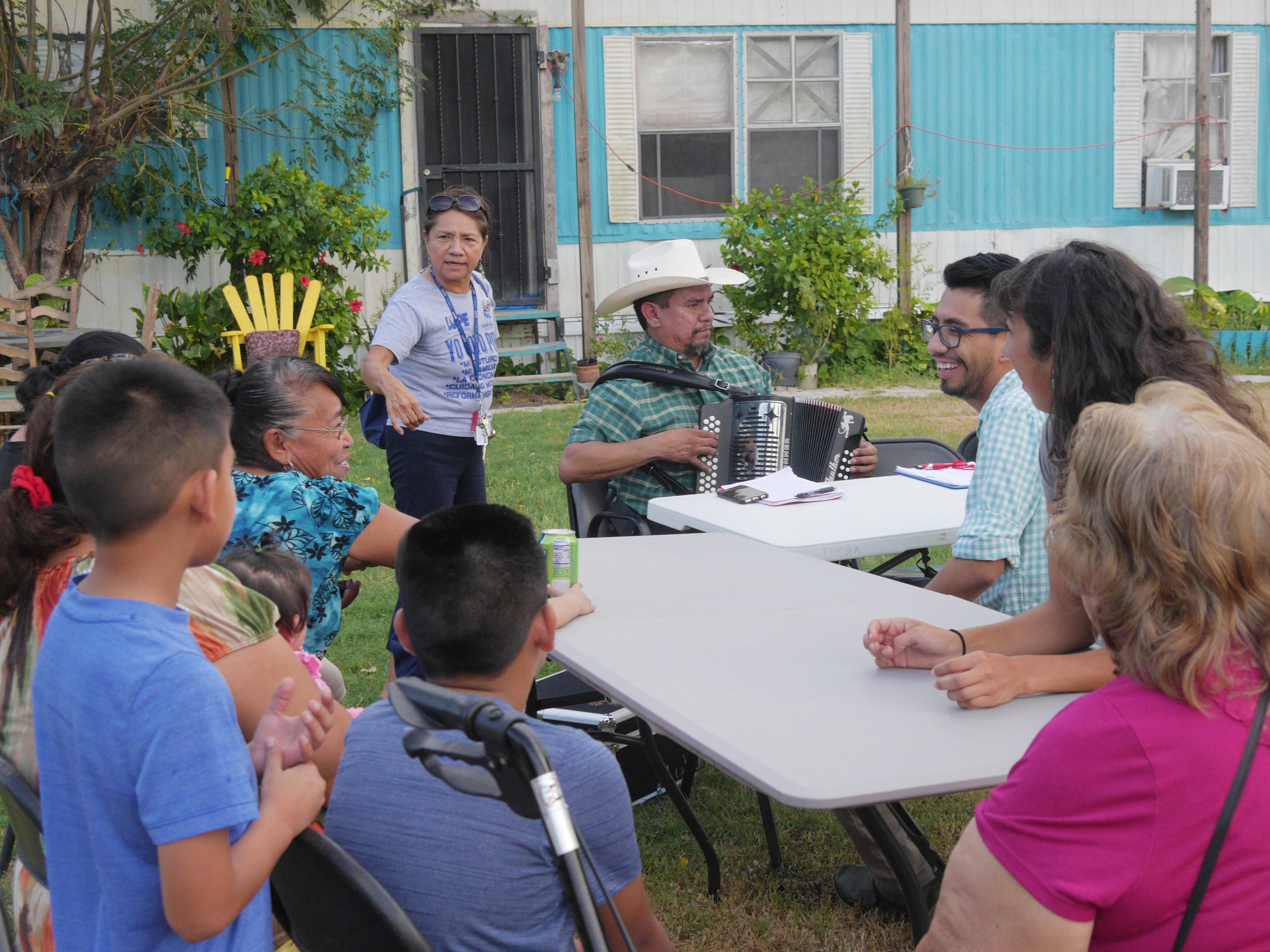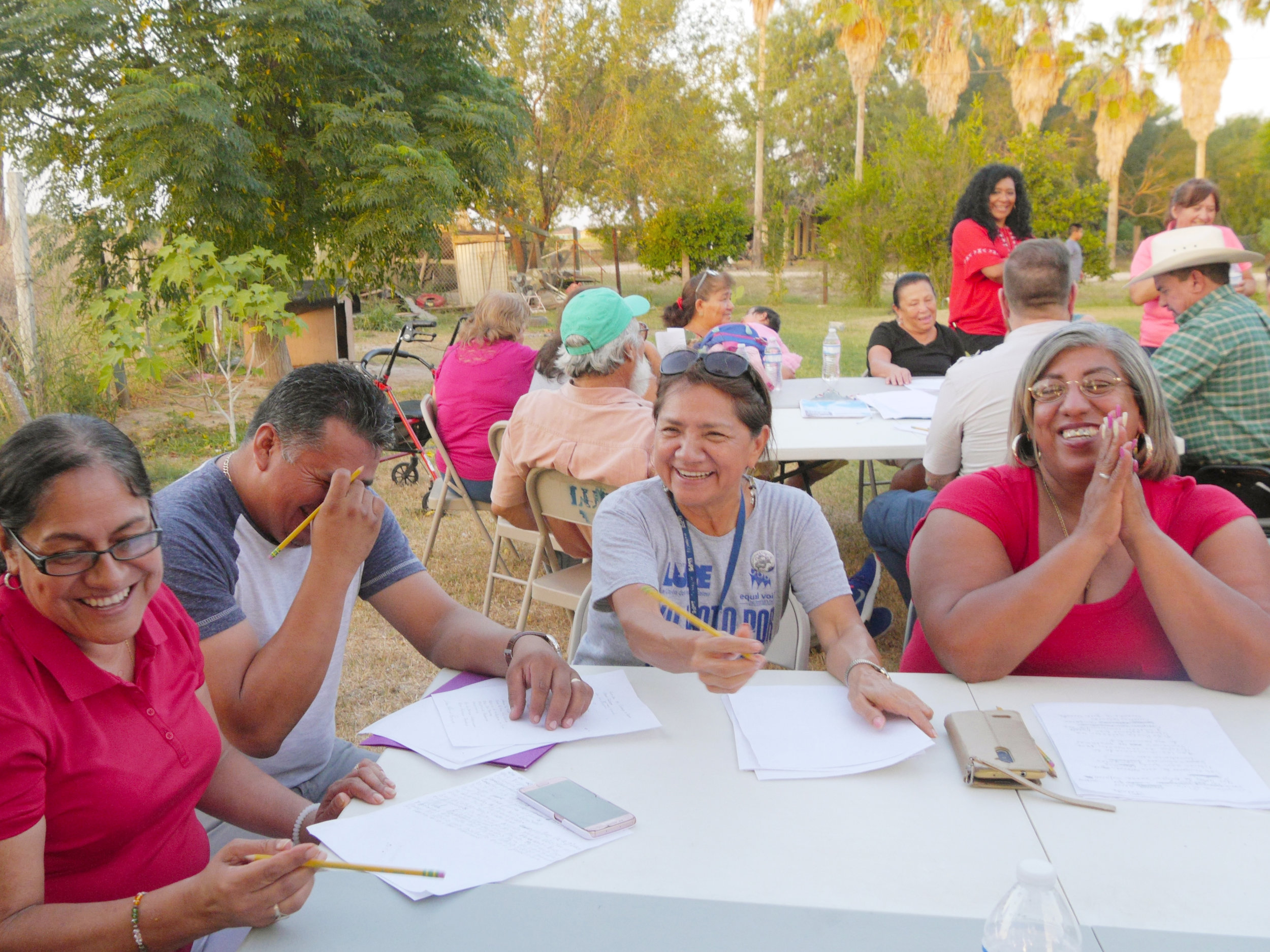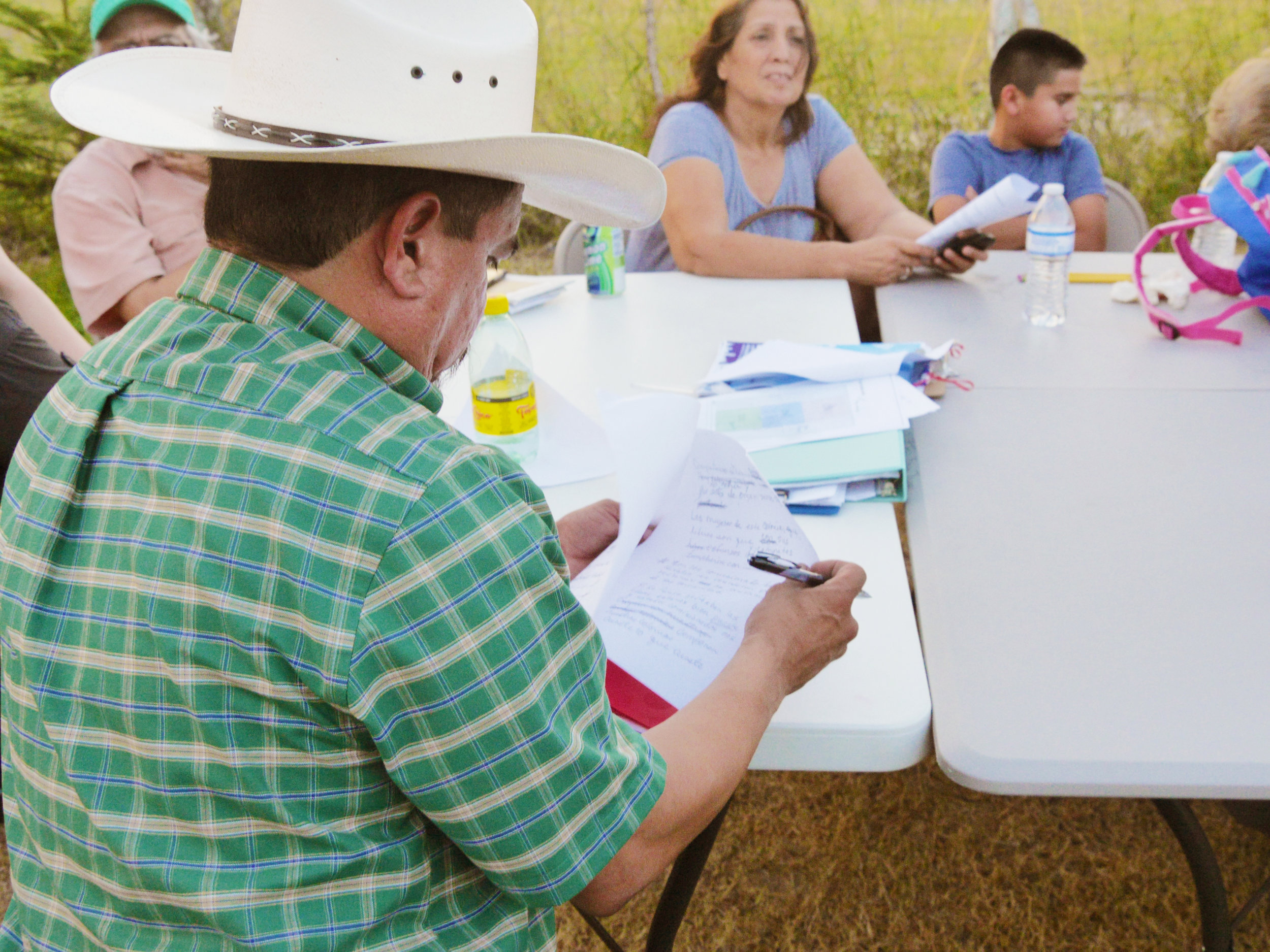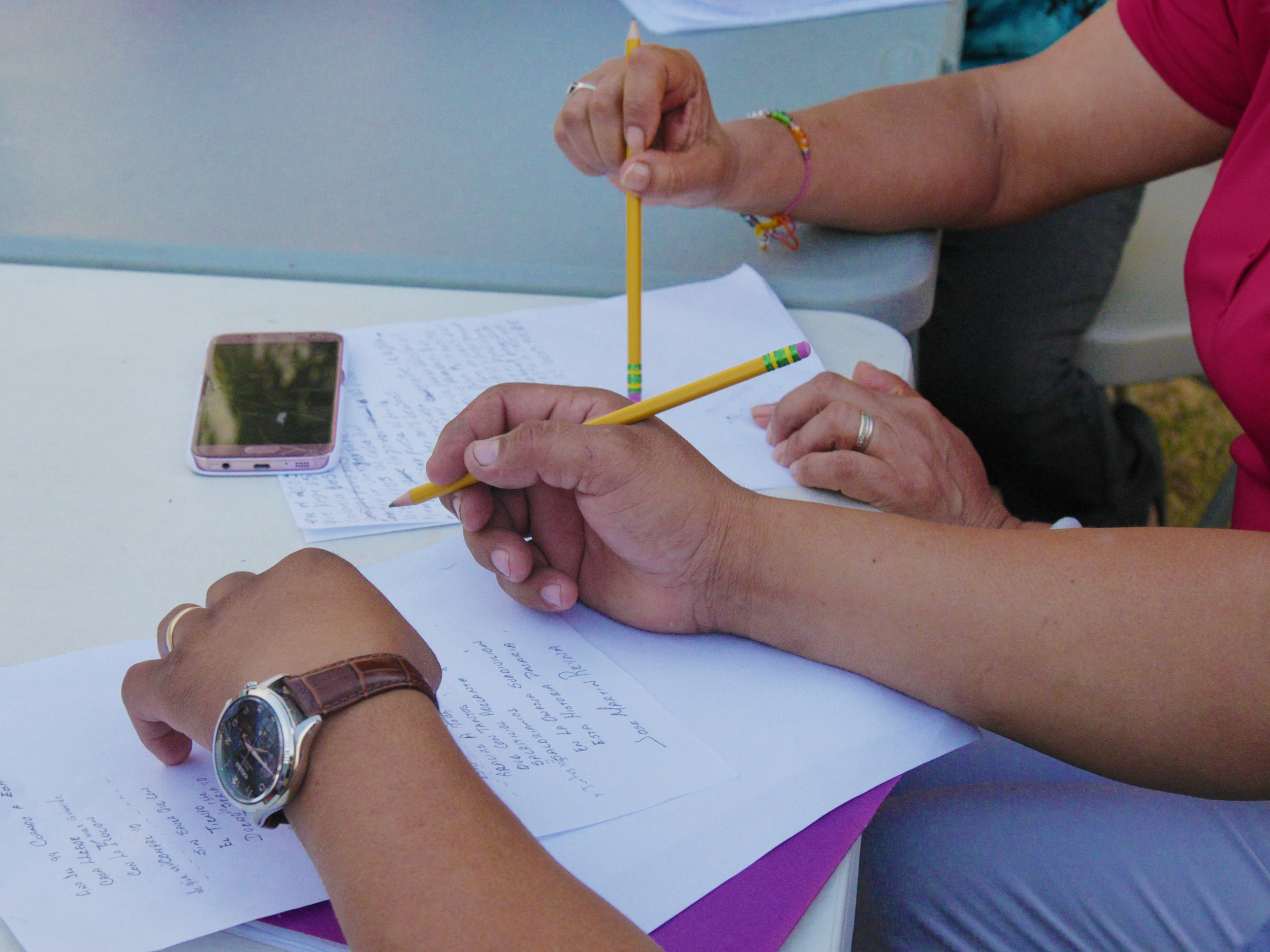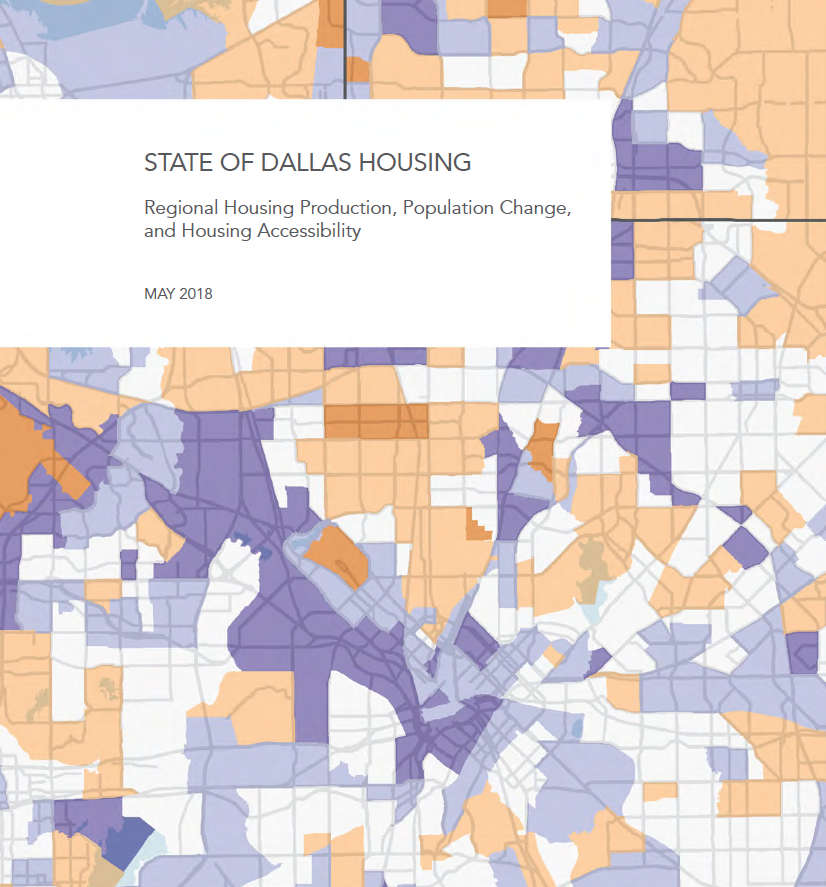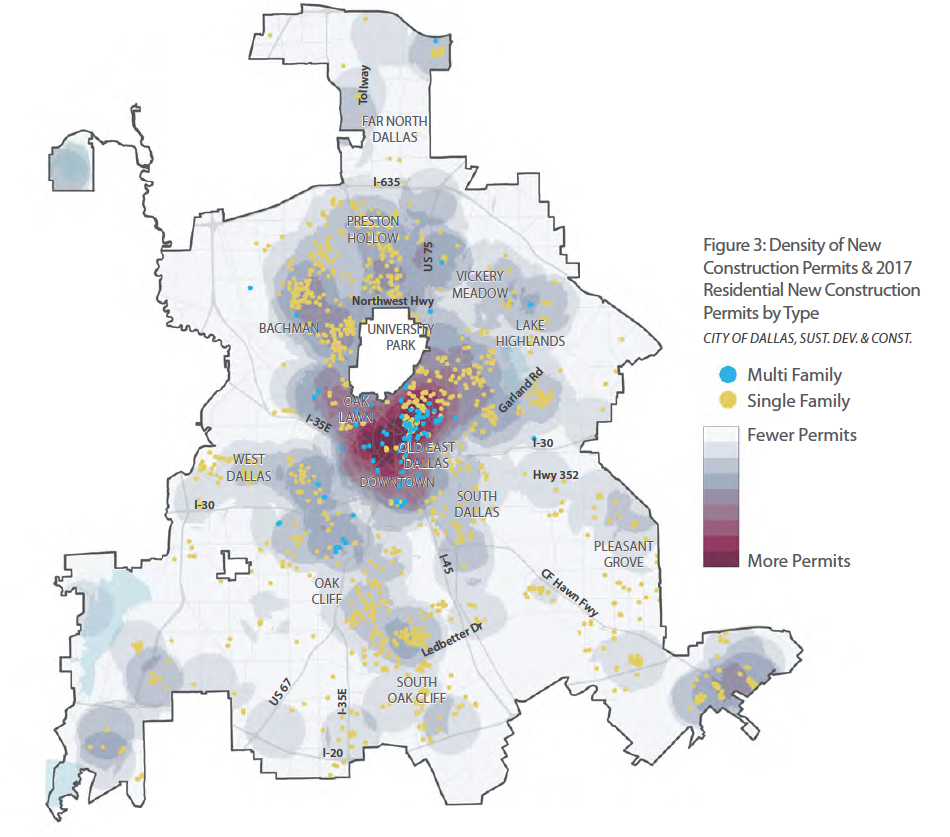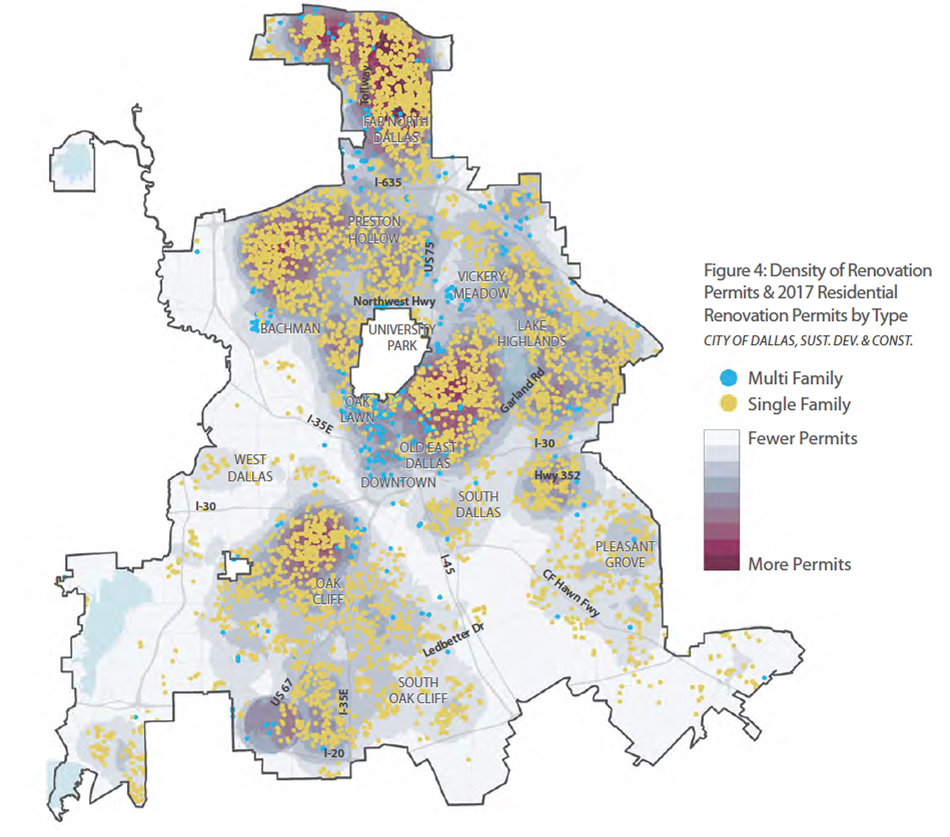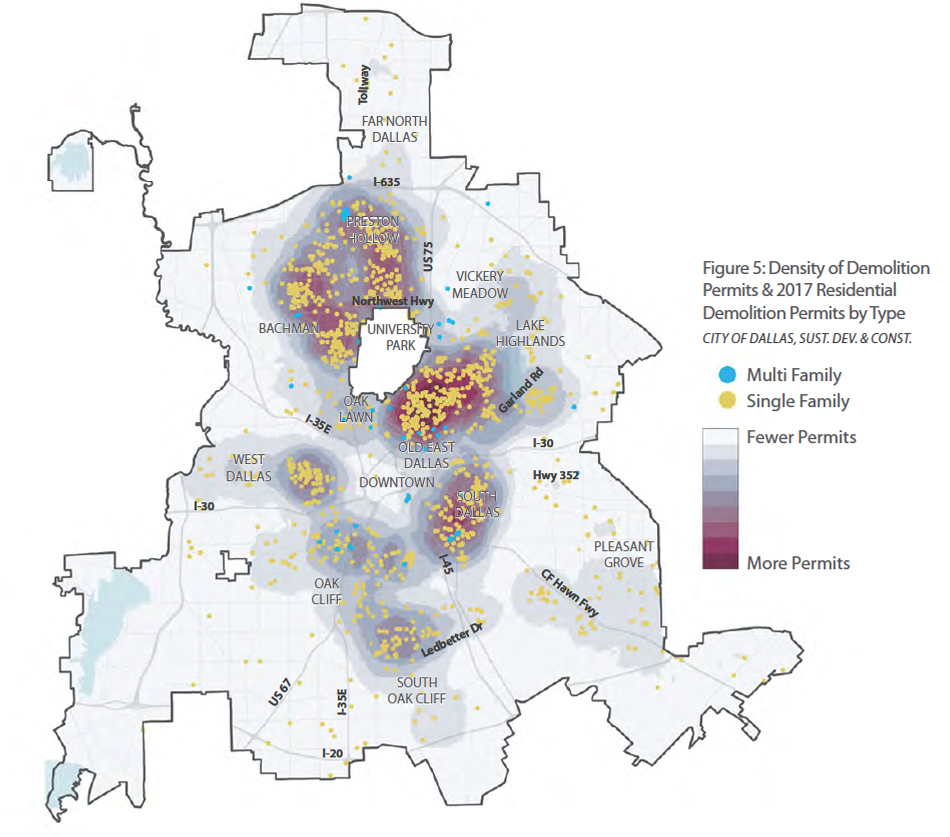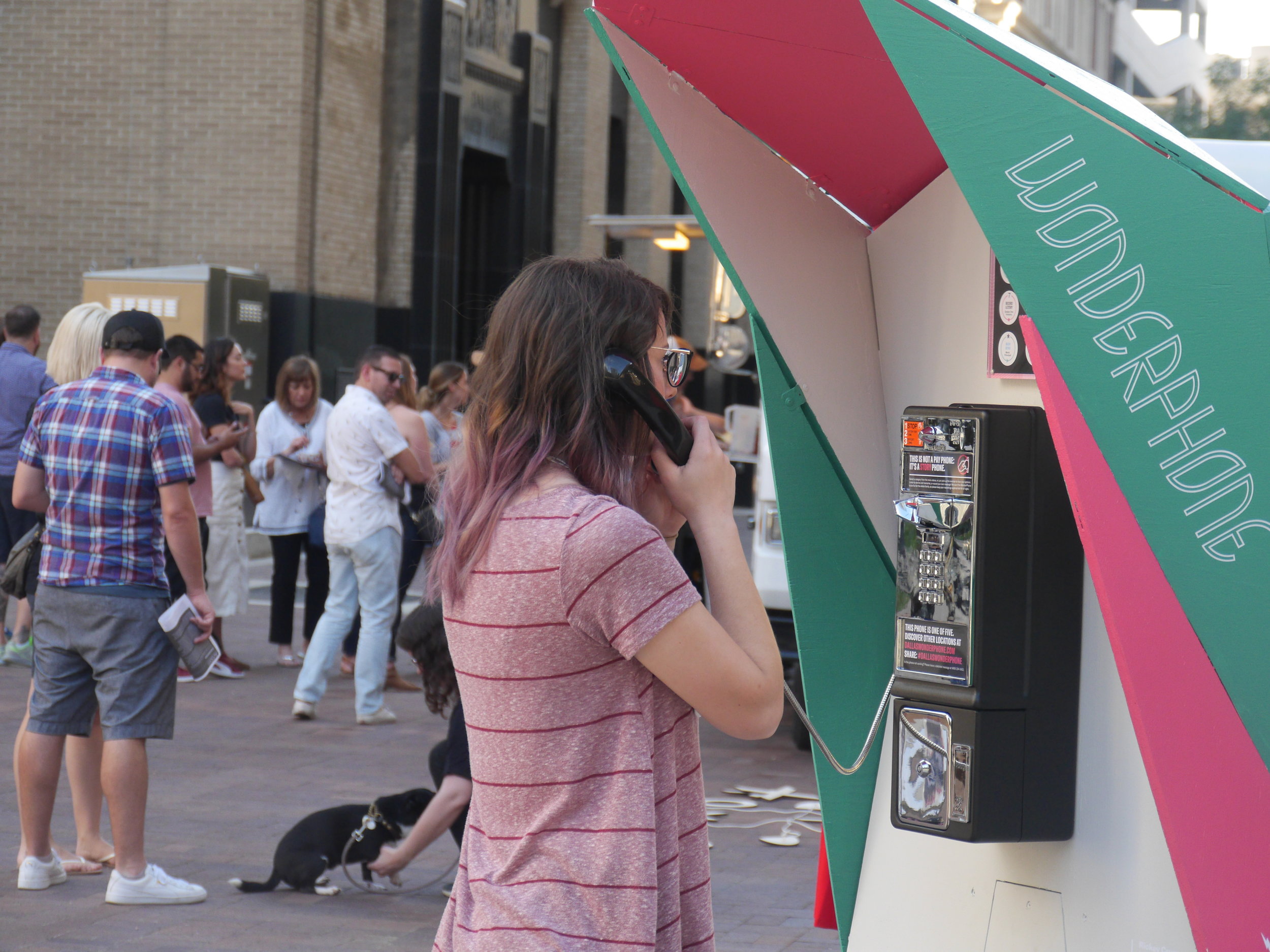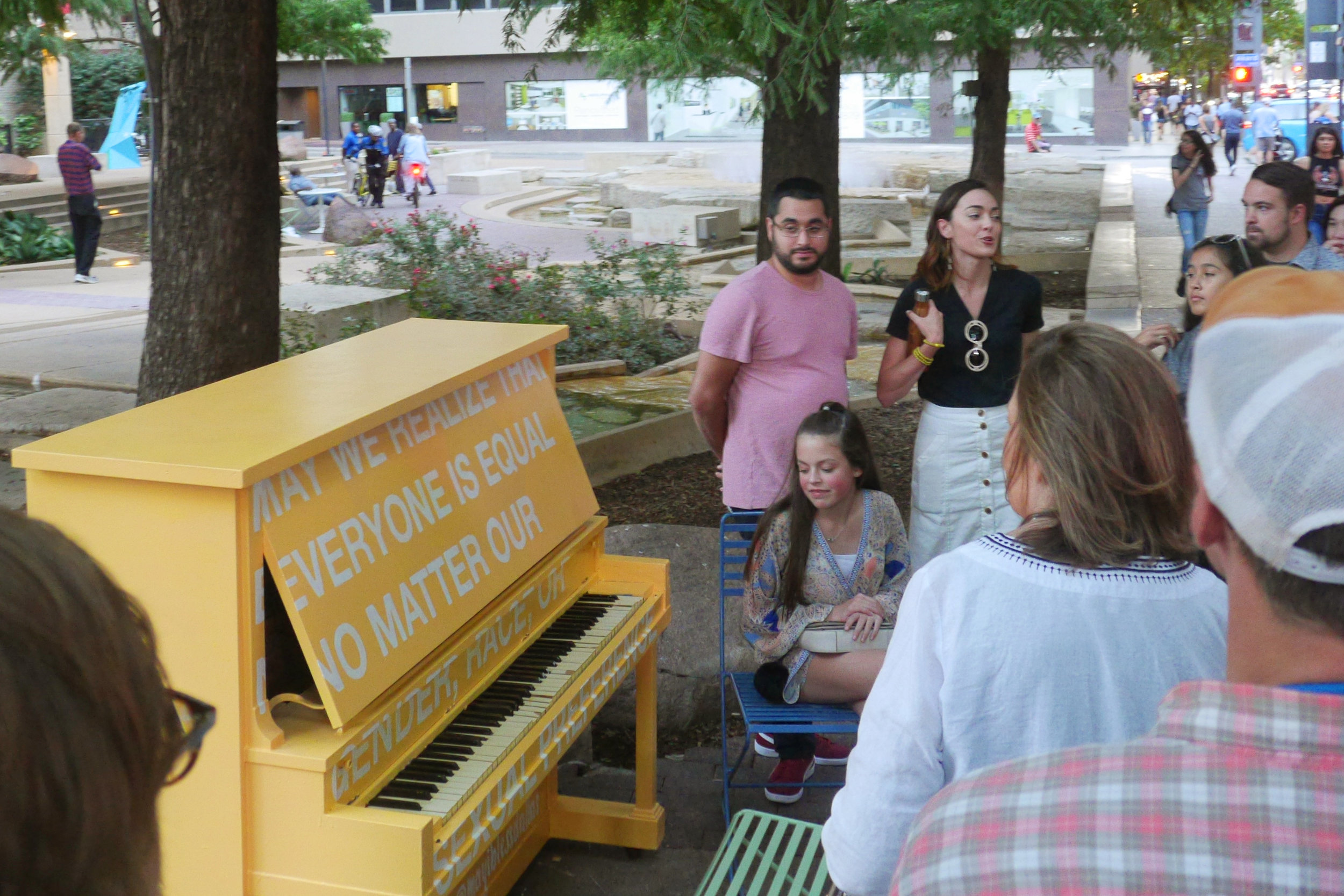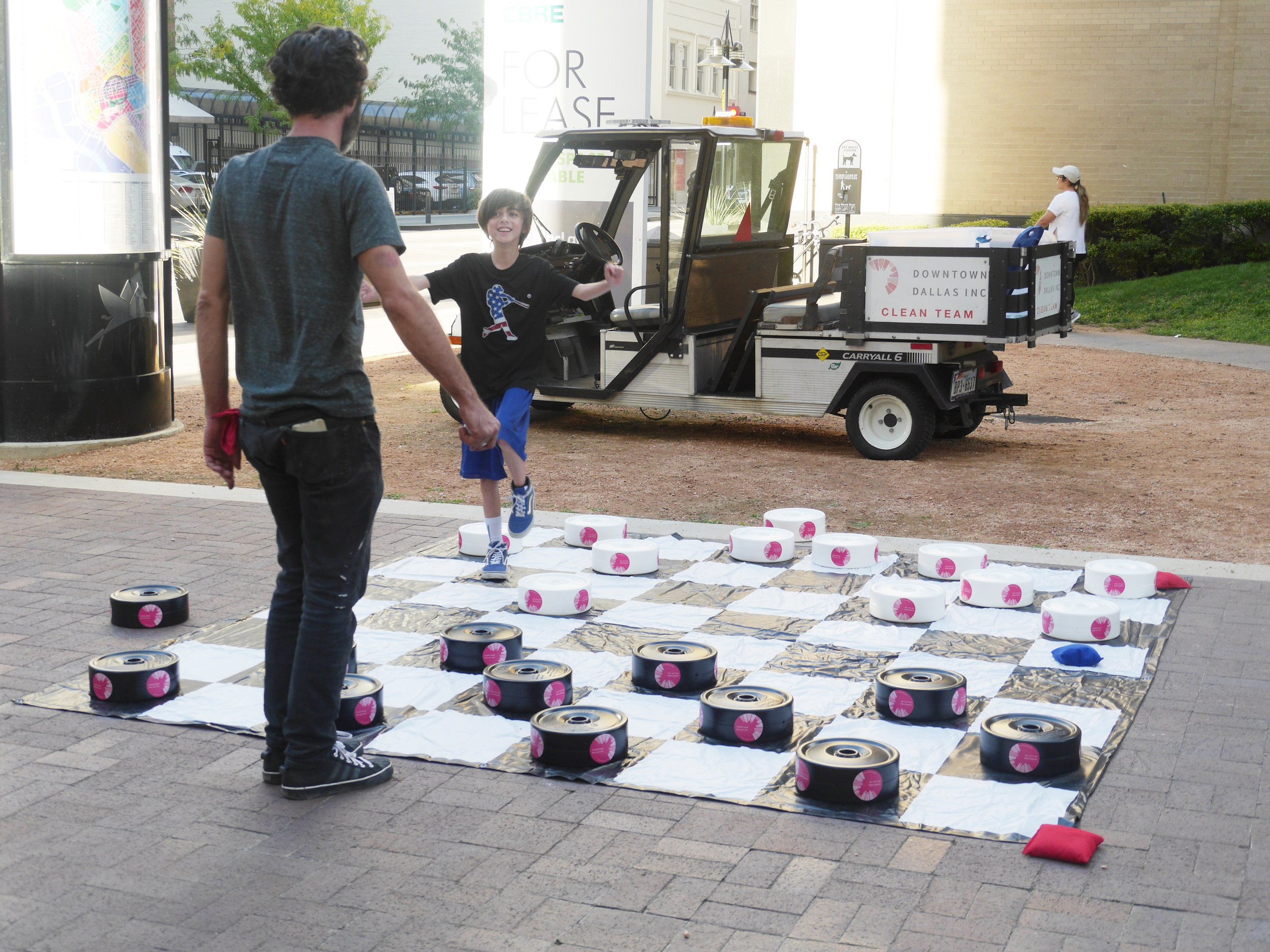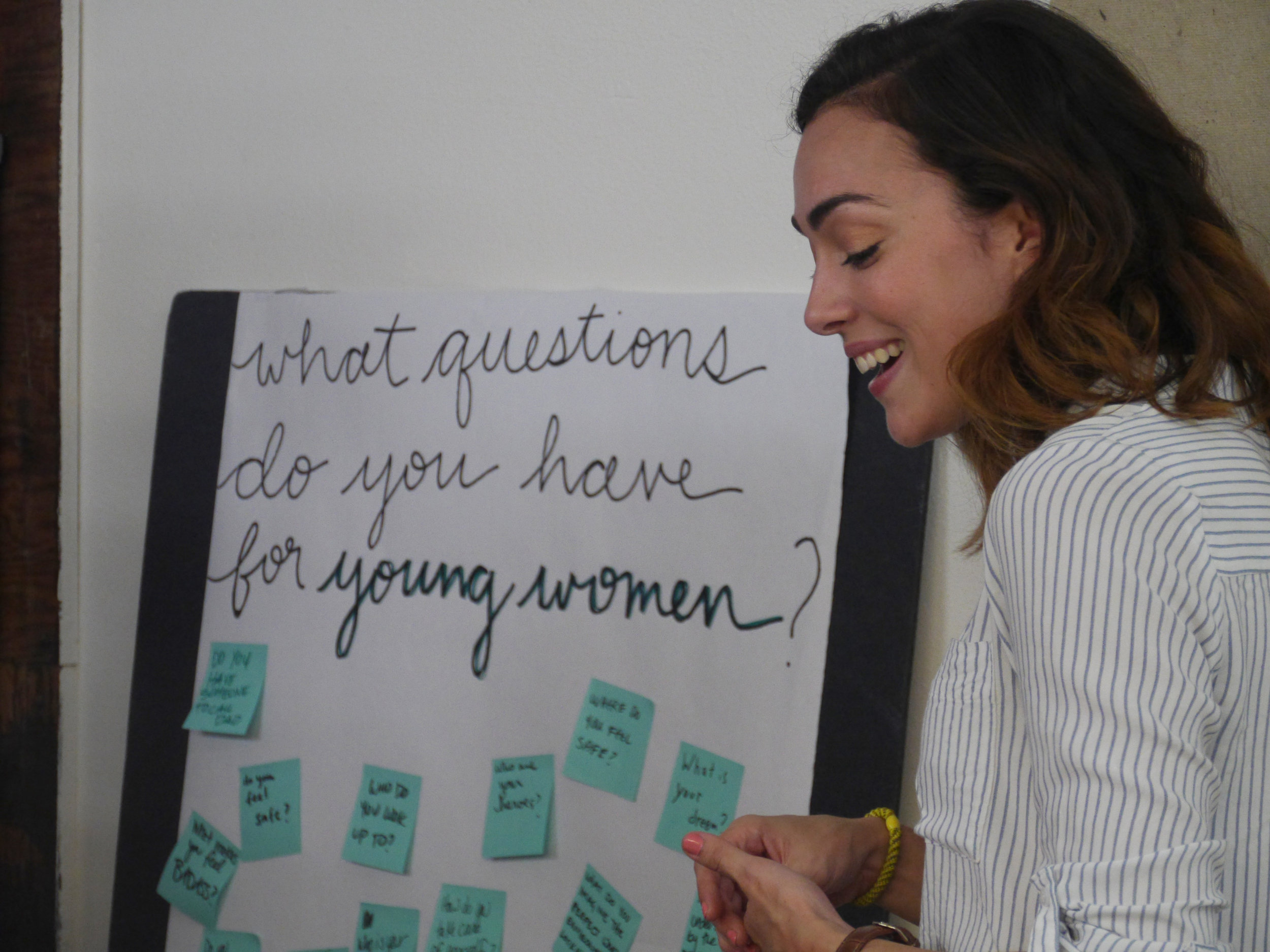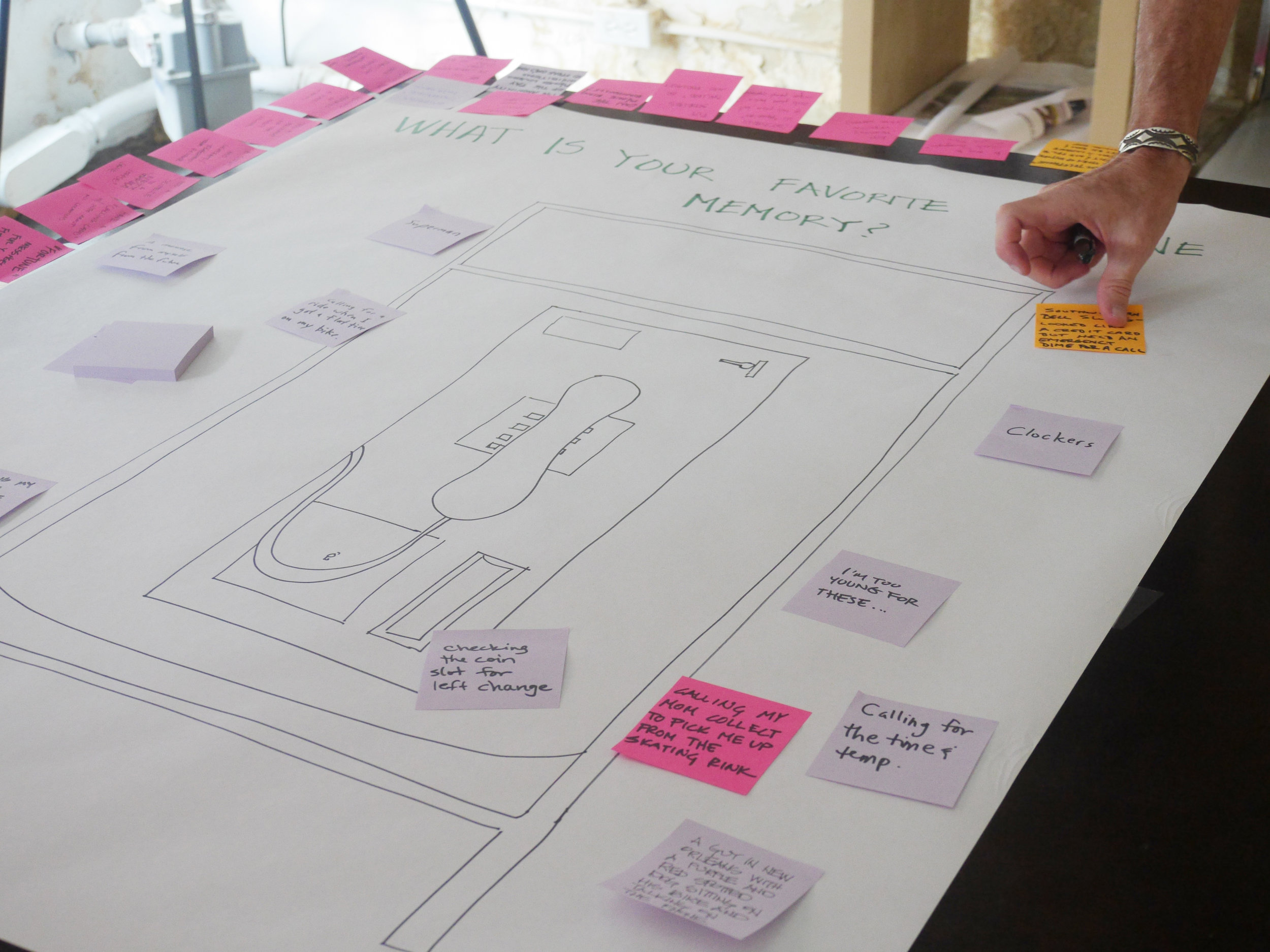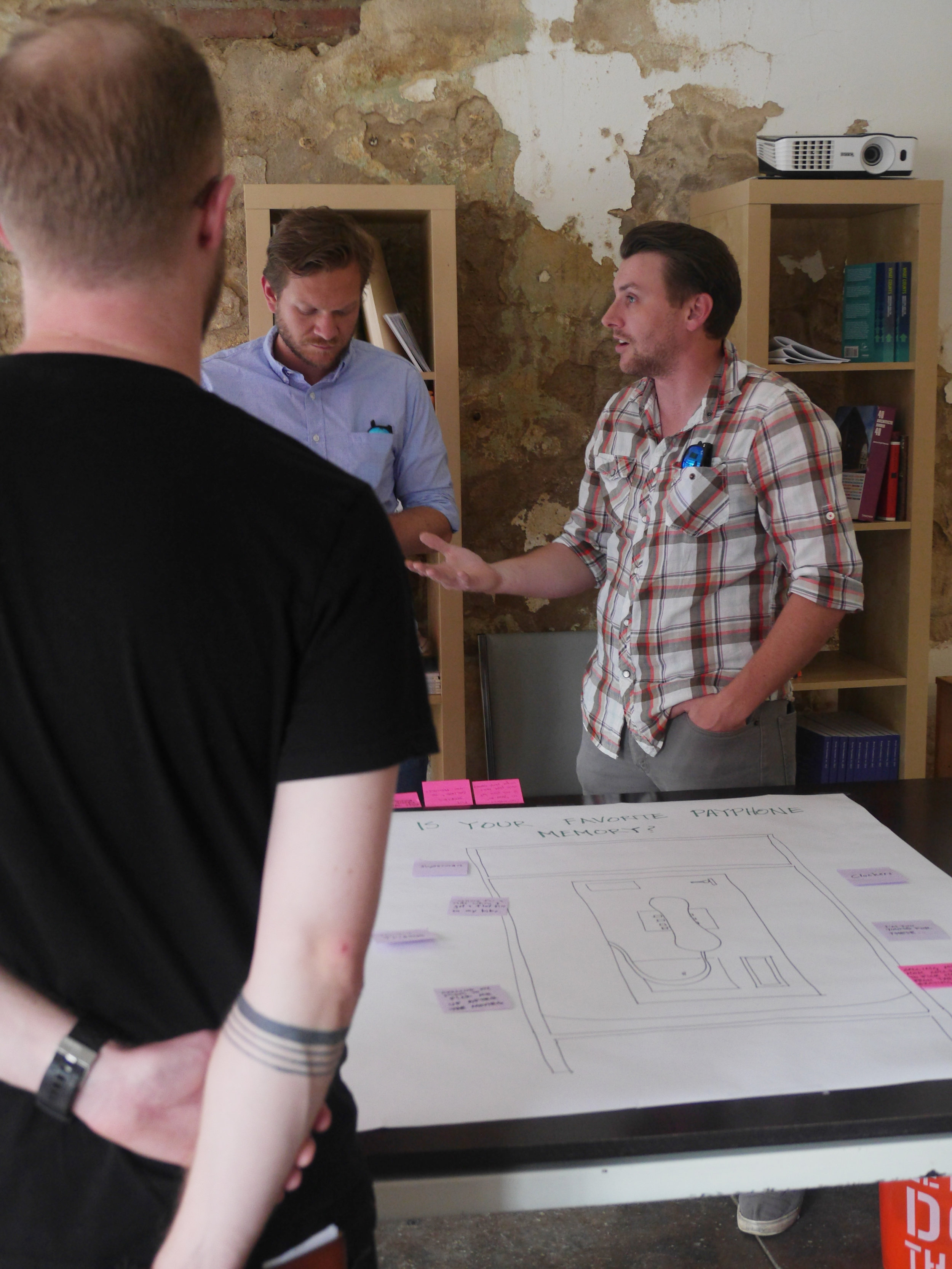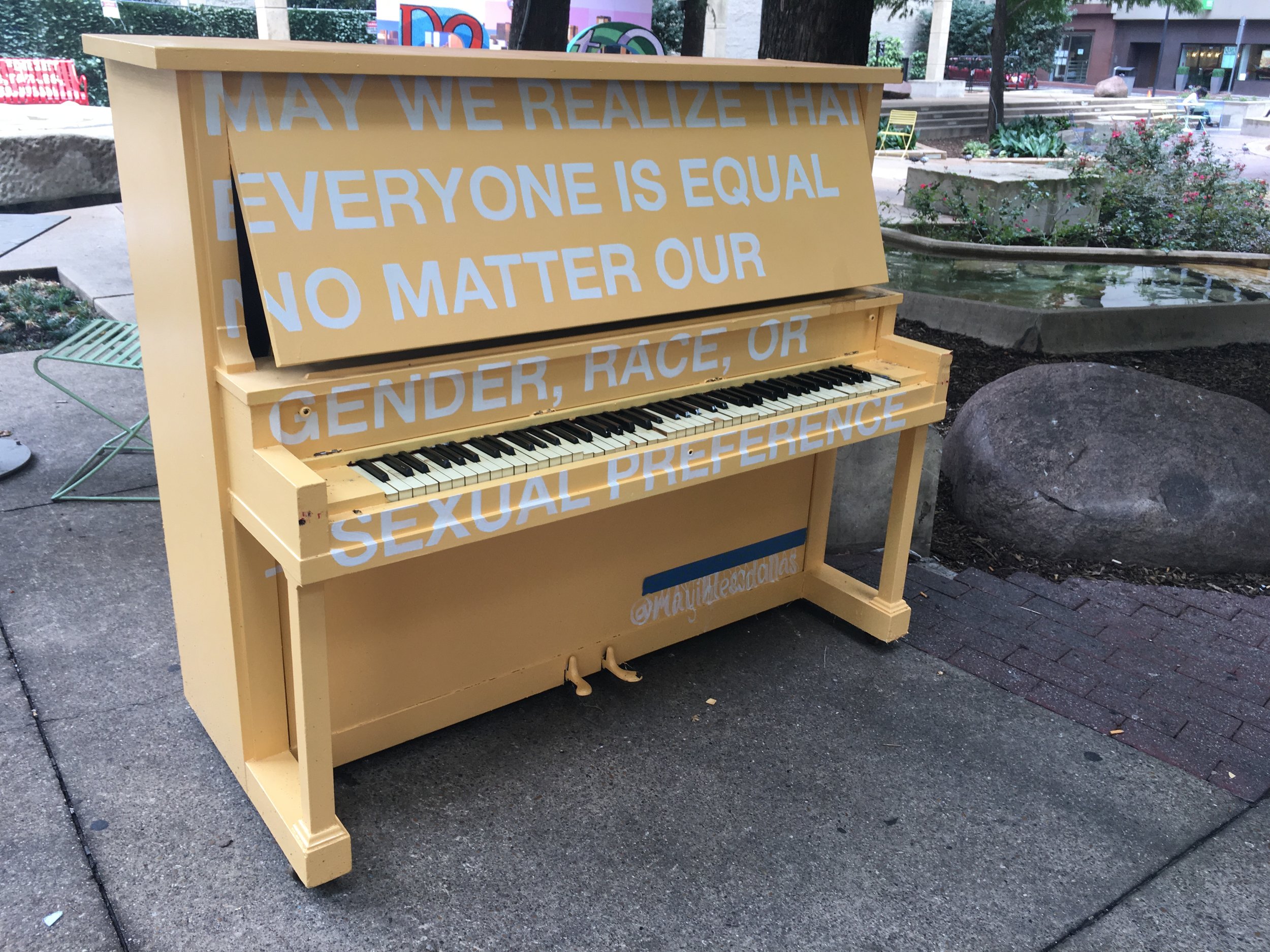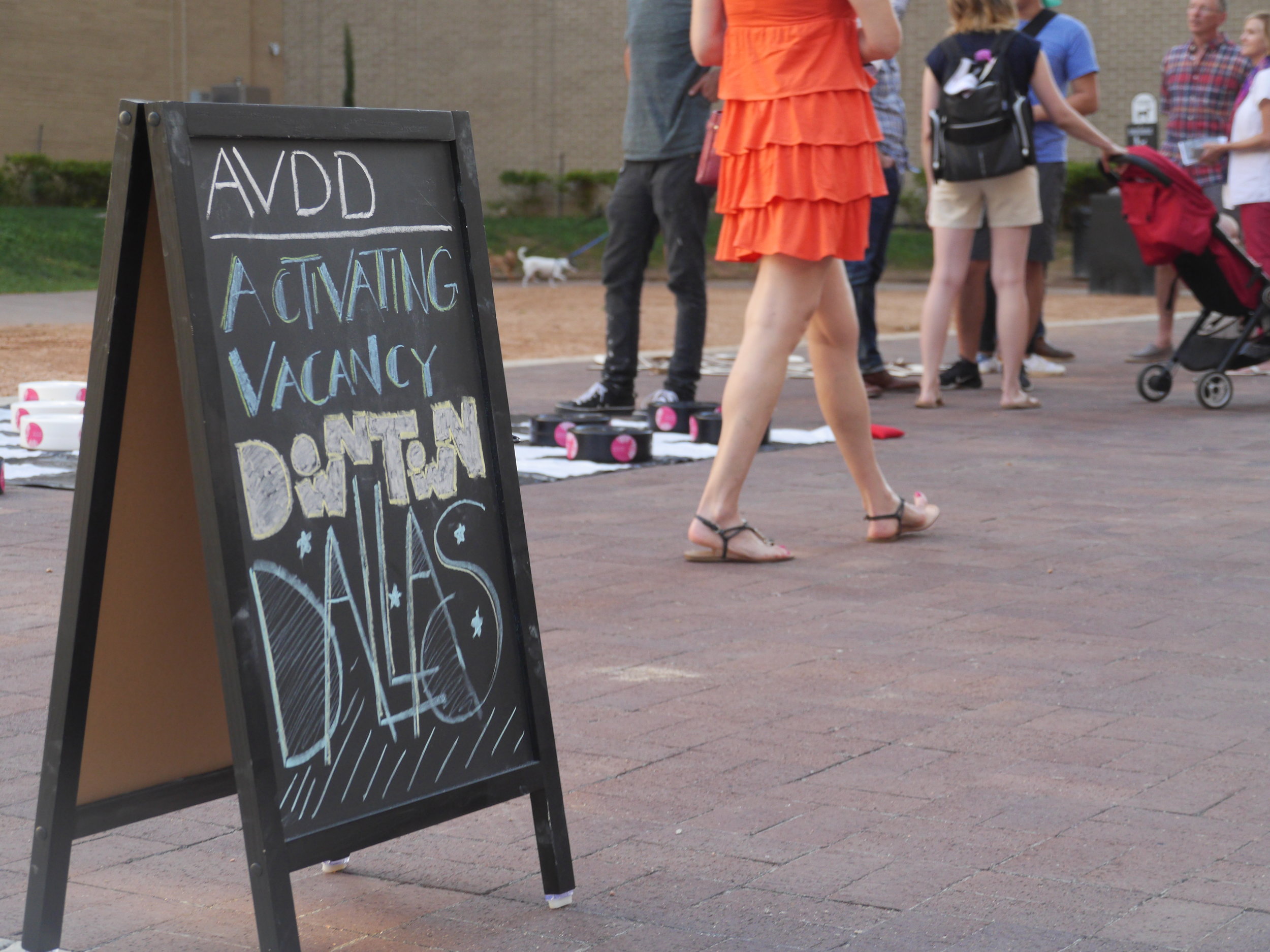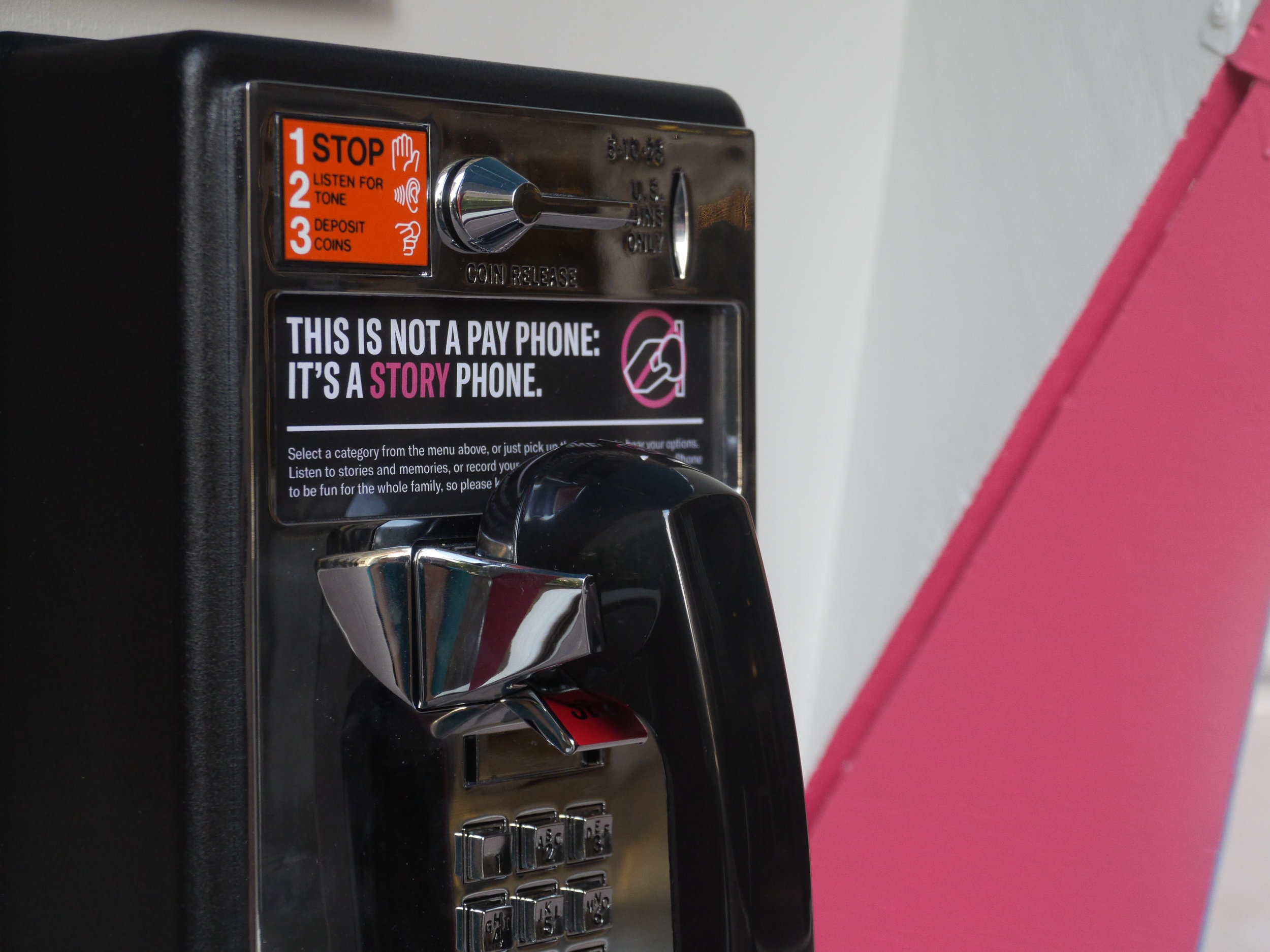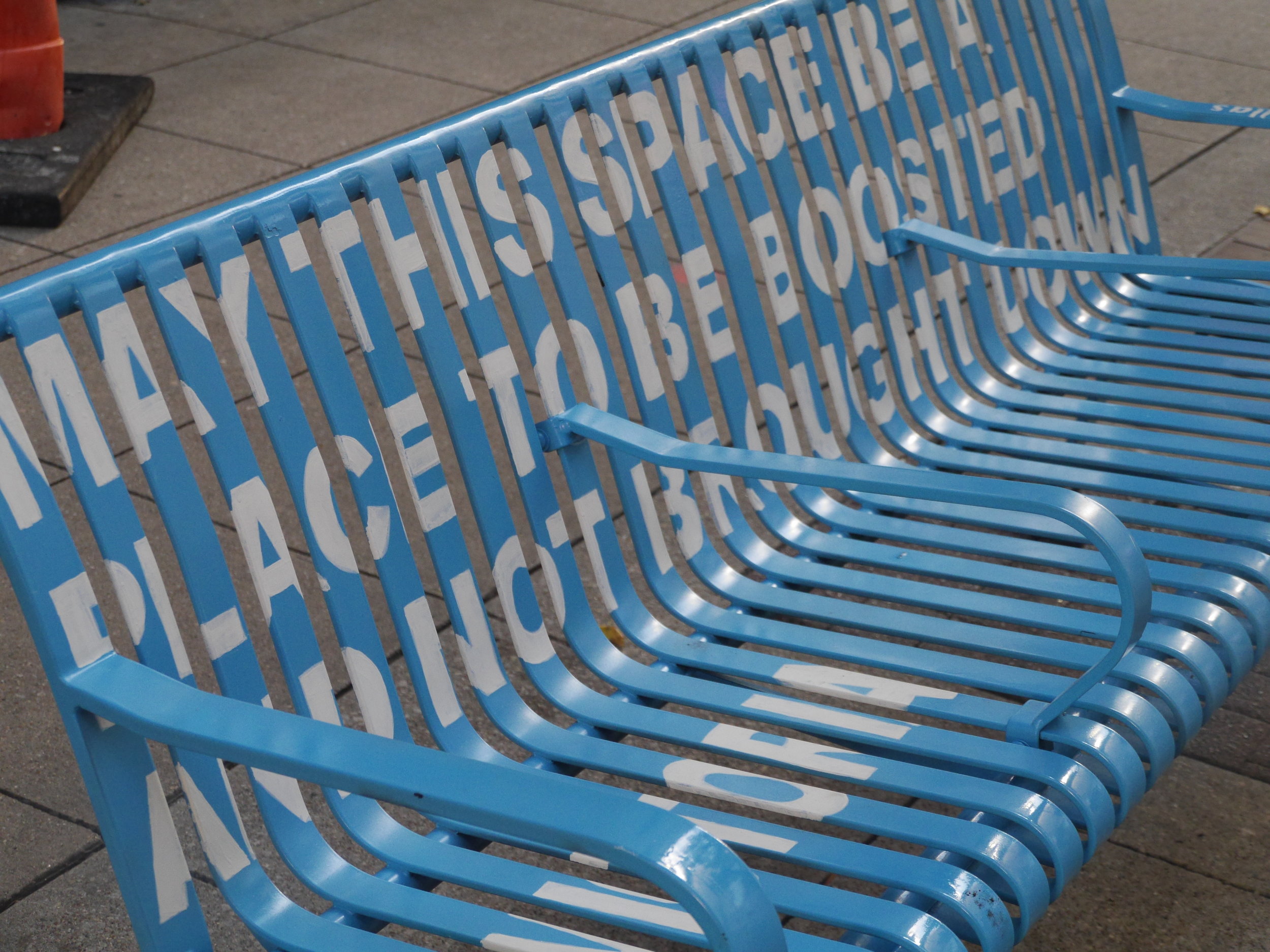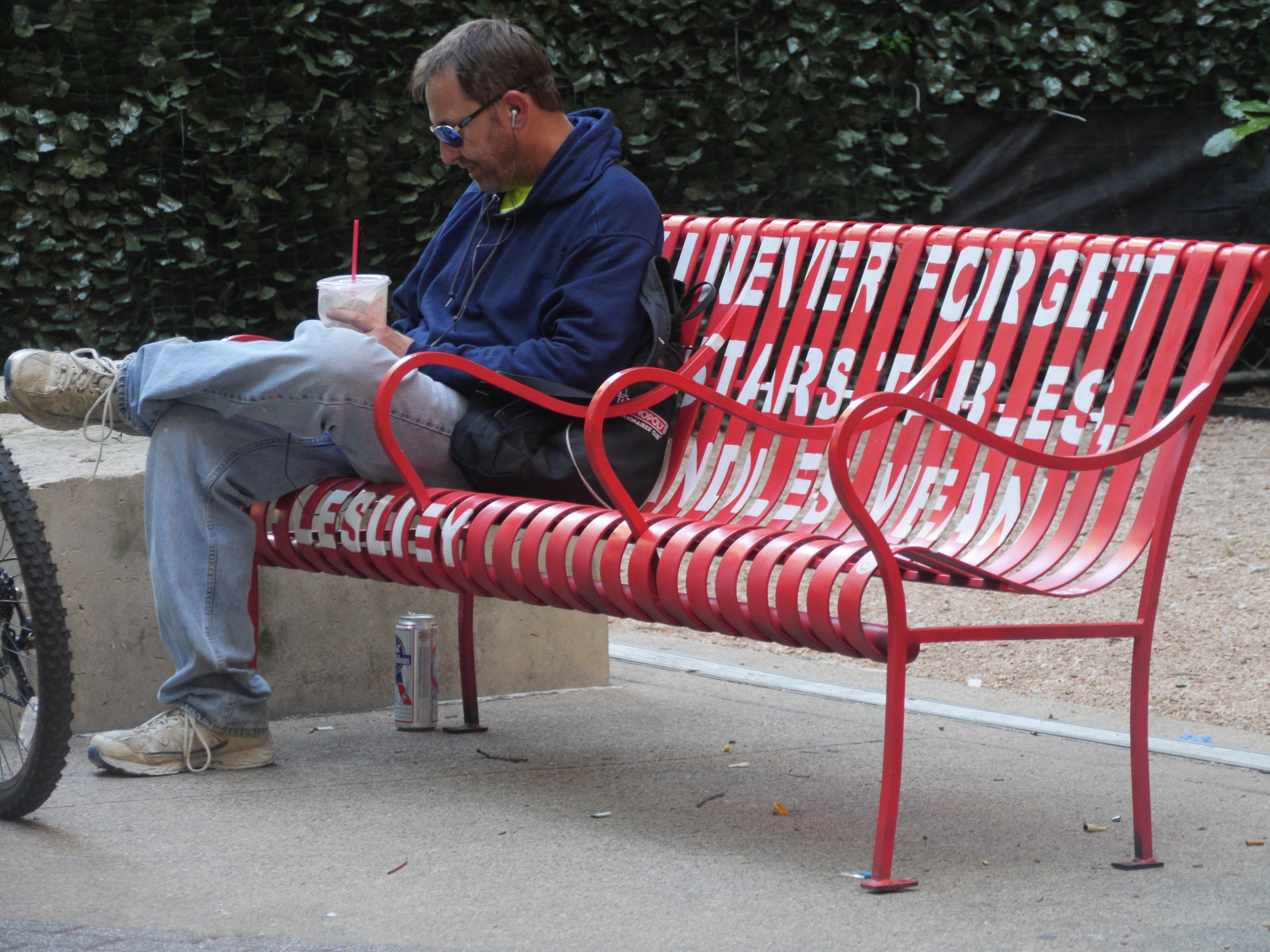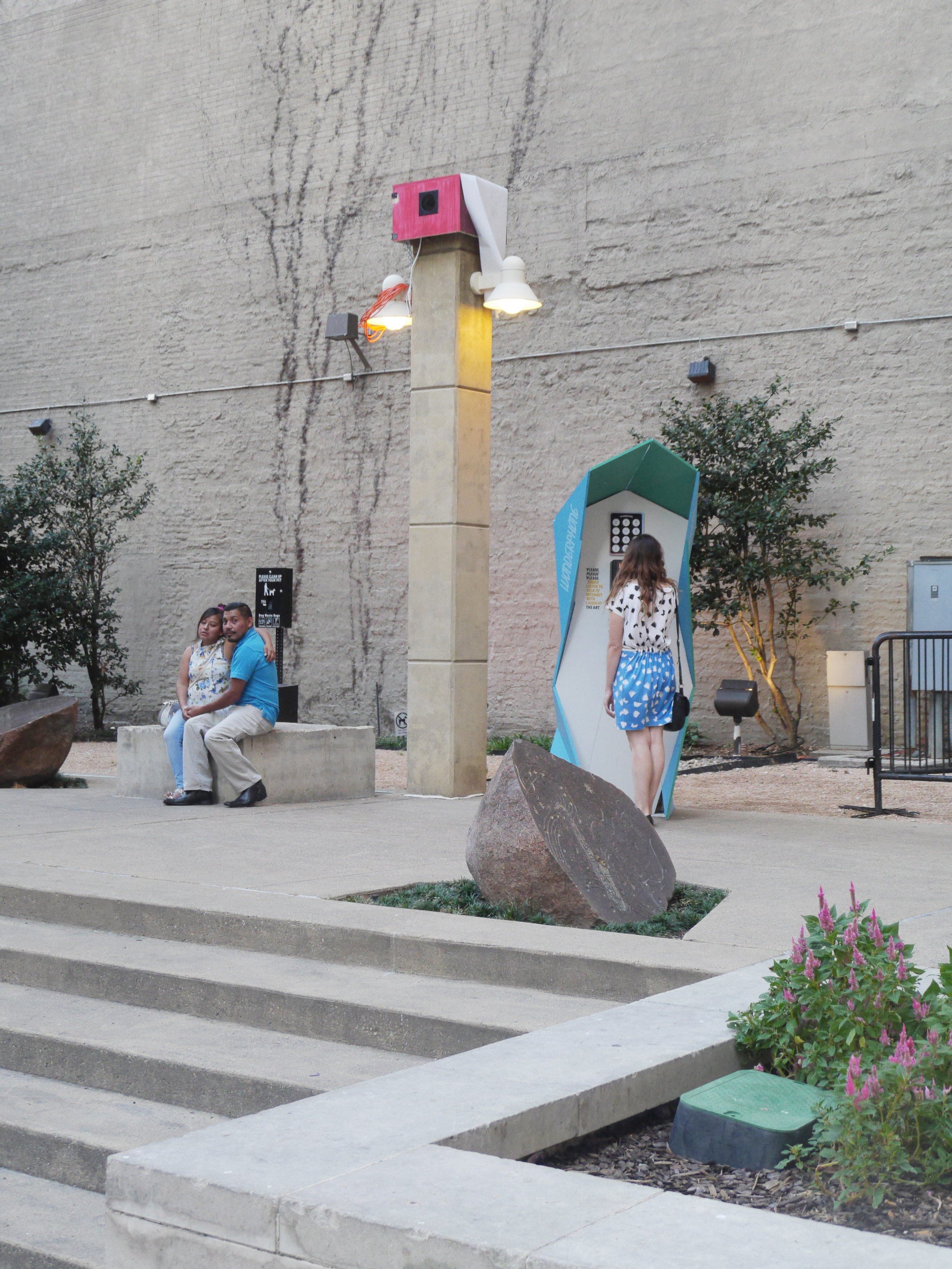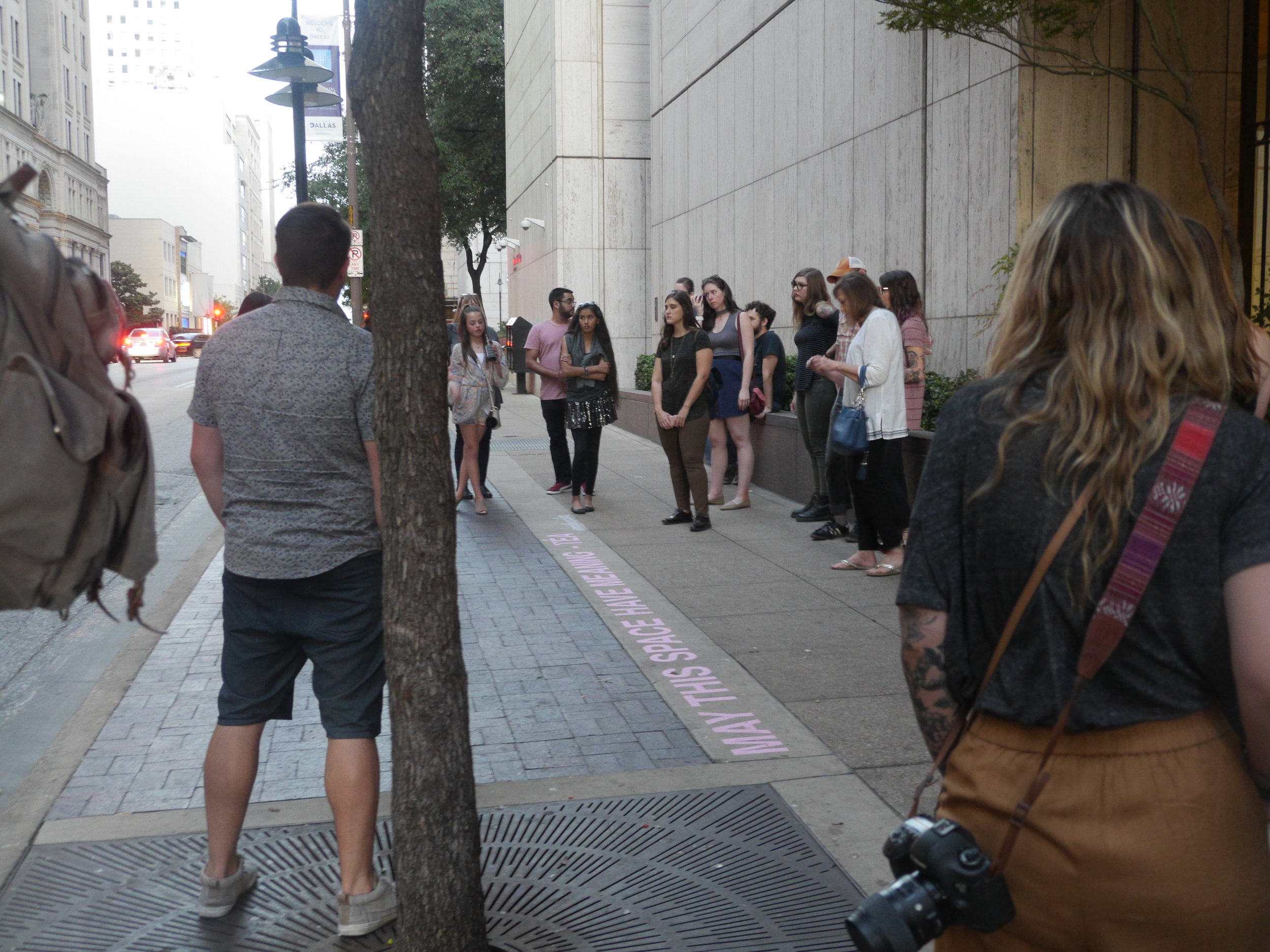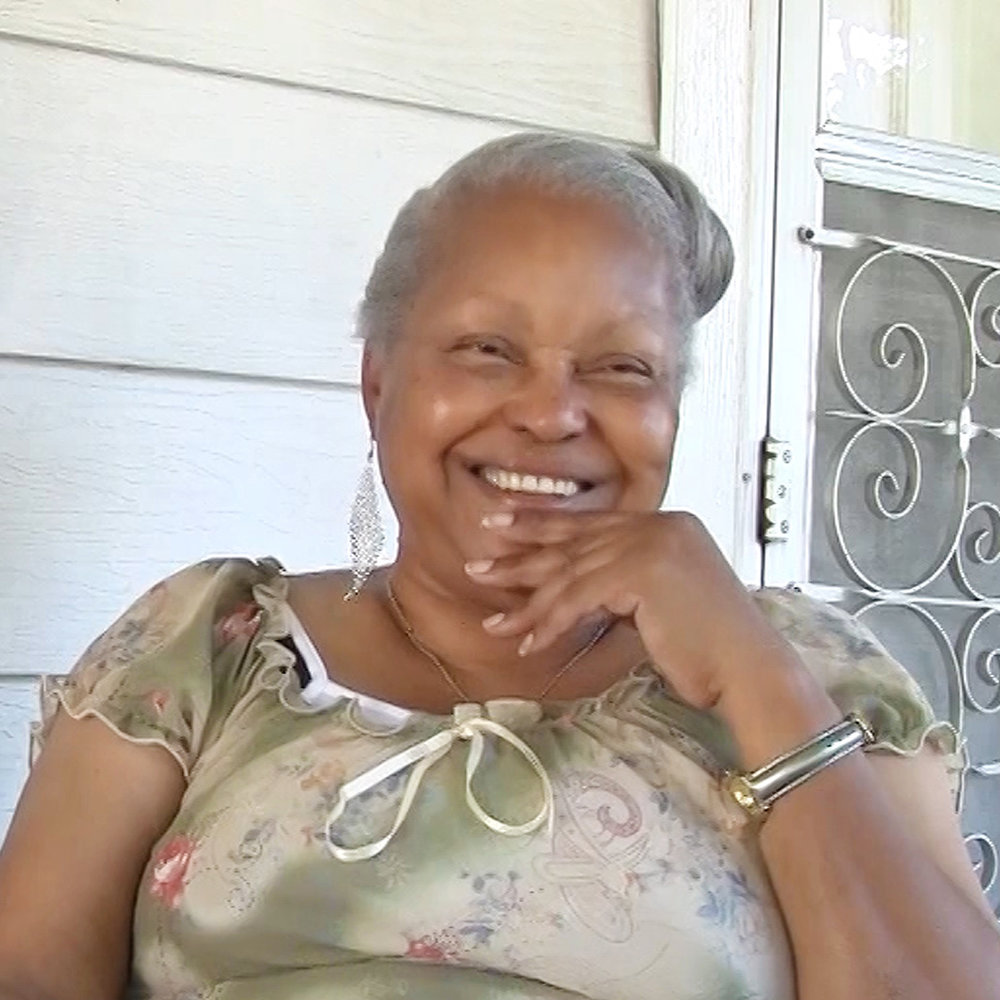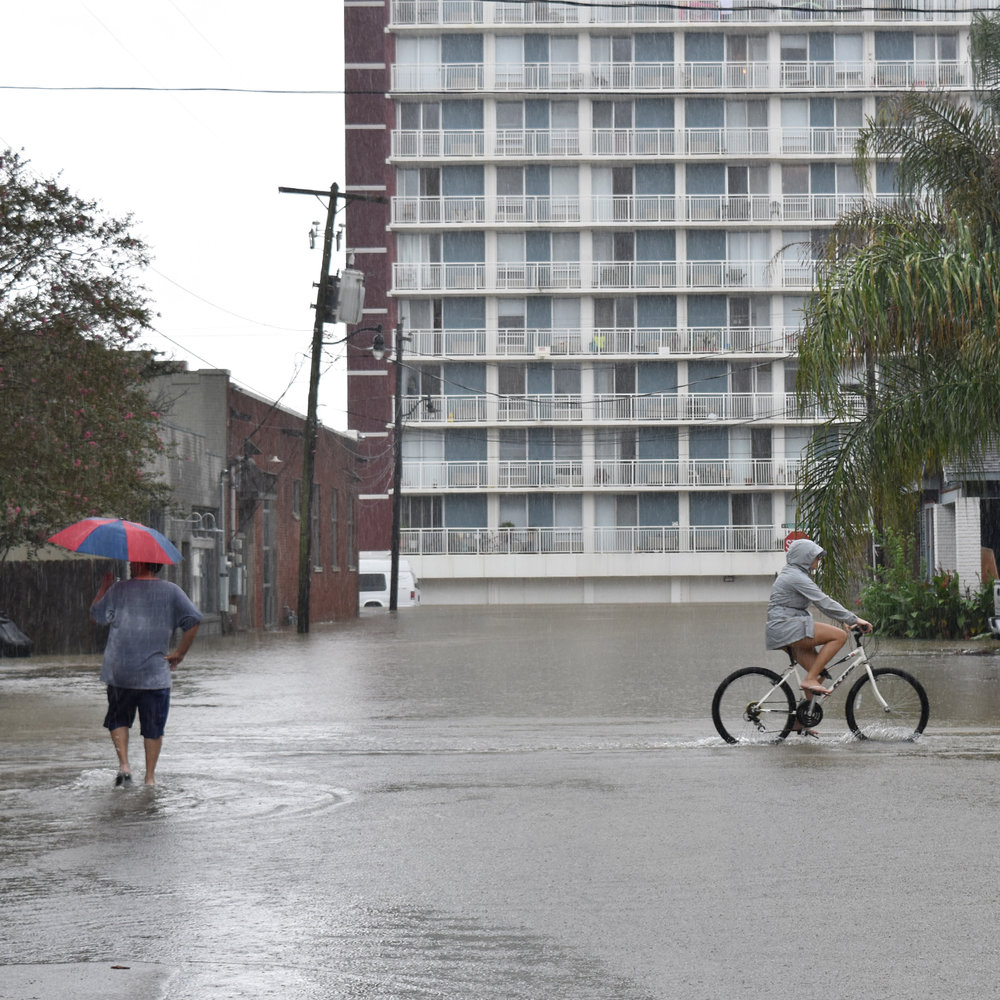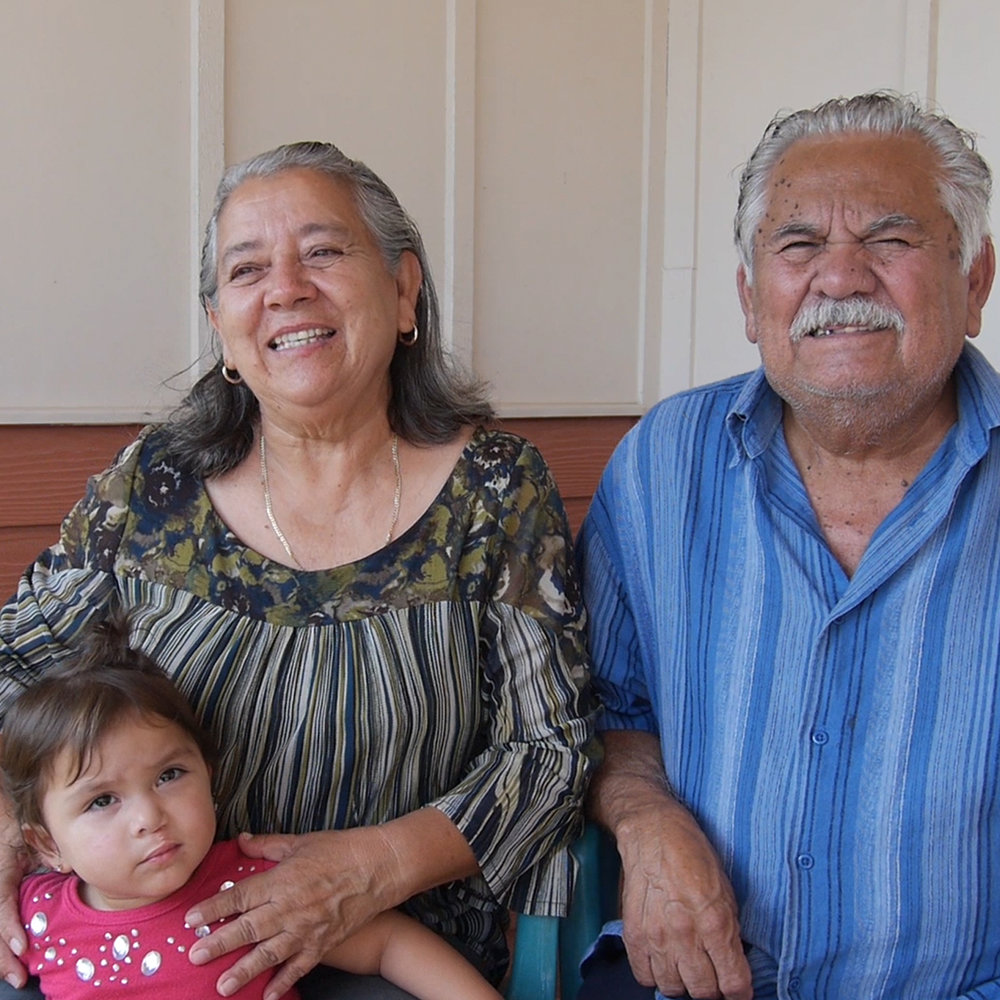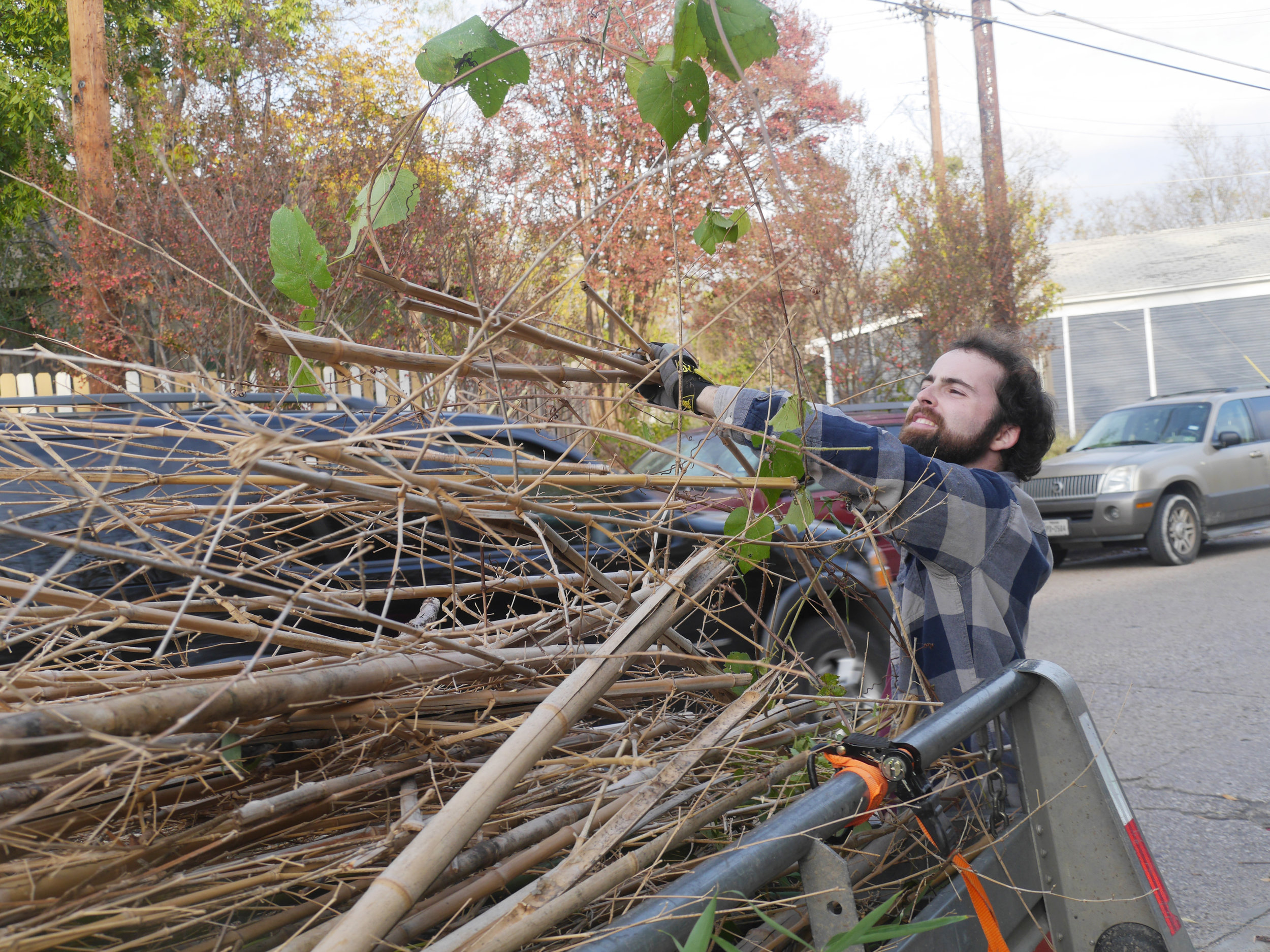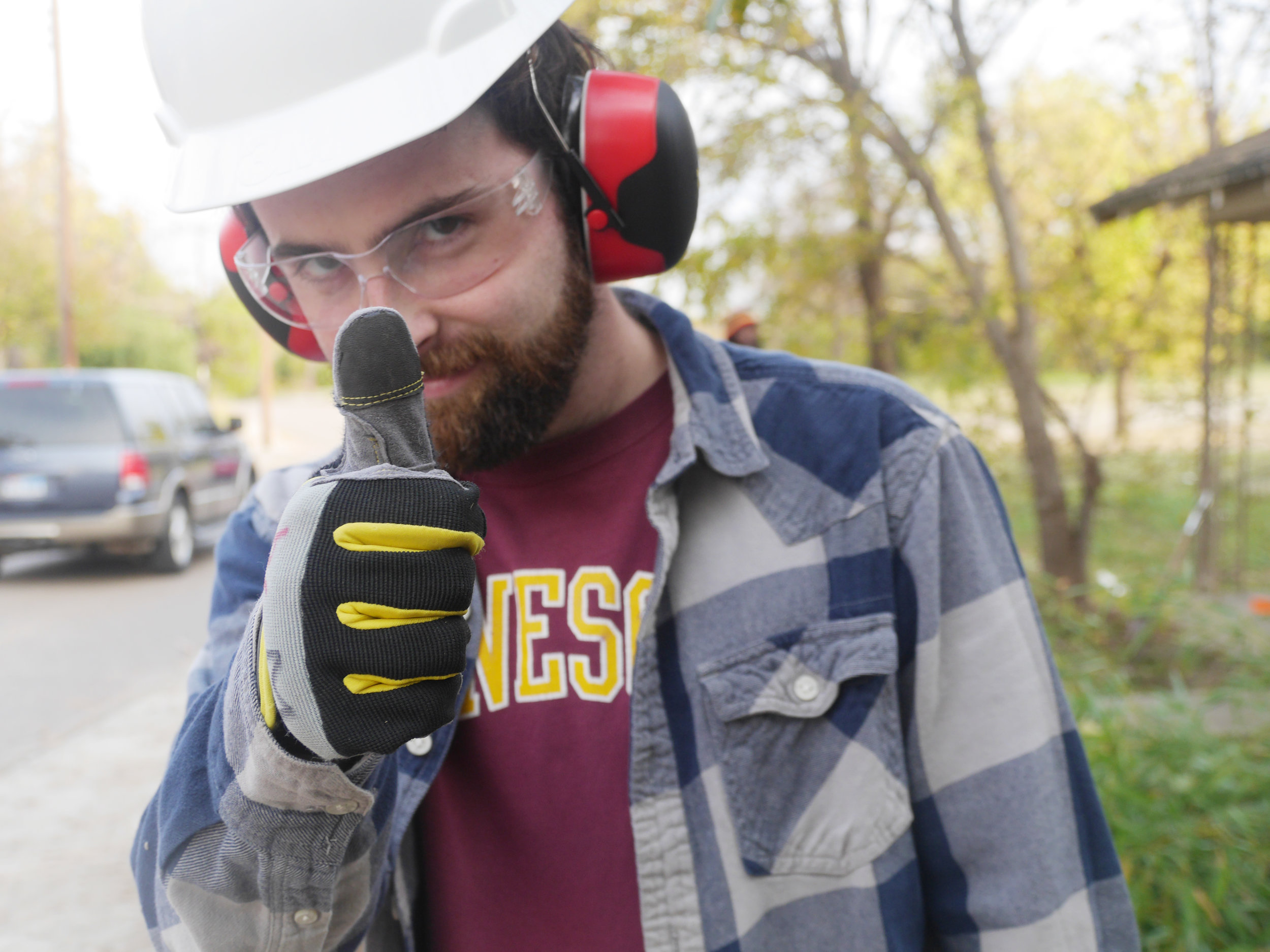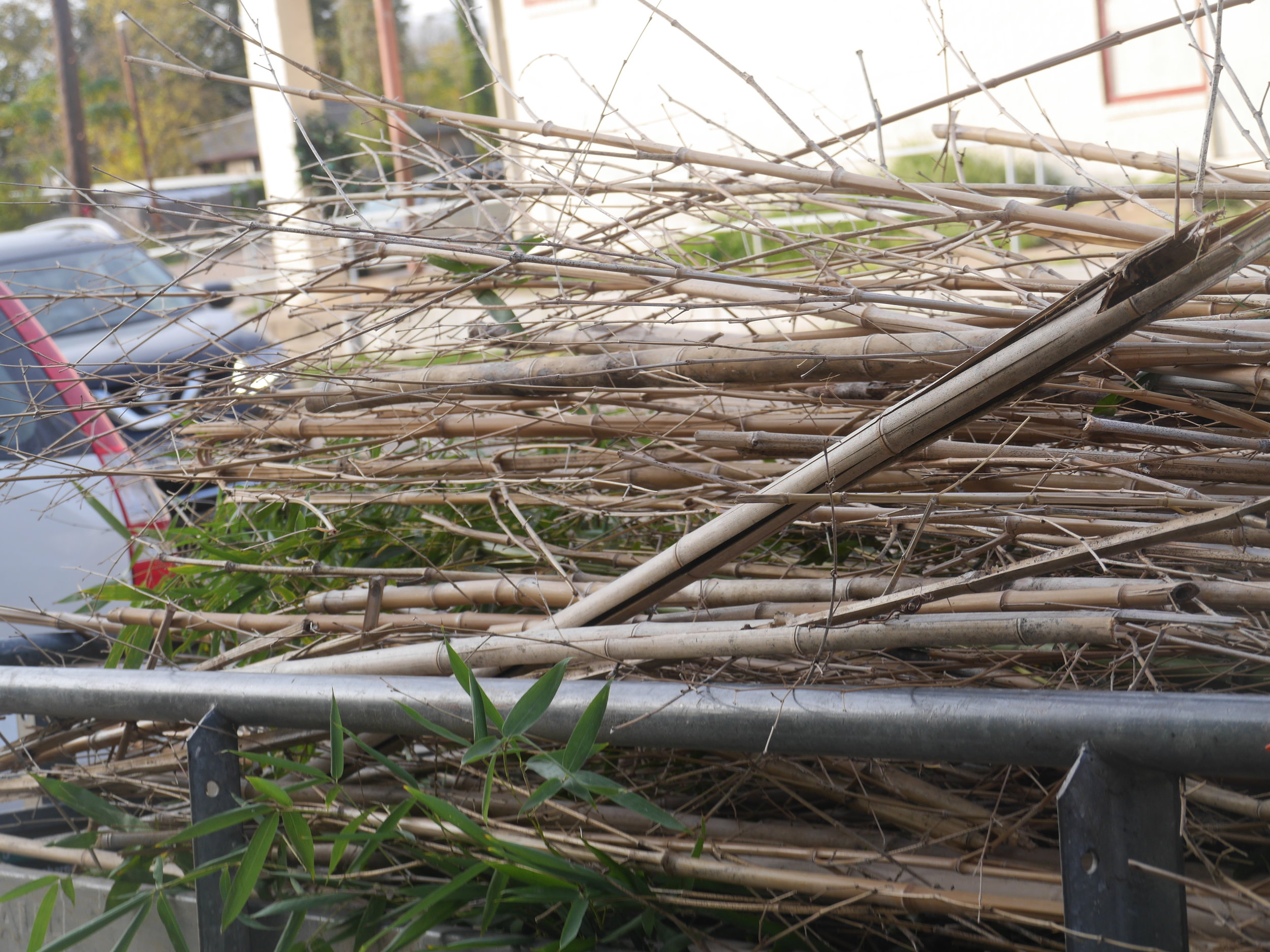We are thrilled to announce the Call for Musicians for "El Sonido del Agua," a multi-year creative placemaking project supported by ArtPlace America.
The deadline for submissions has been extended to JUNE 15!
As part of this project, we will commission one or more local corrido writers / conjunto musicians to lead workshops with colonia residents and collaboratively write corridos that speak to residents’ experiences of flooding and other stormwater issues in the colonias.
The call for musicians is below:
Convocatoria para Músicos de Conjunto Regional / Compositores de Corridos
El Sonido del Agua - Valle del Rio Grande
Convocatoria de Músicos empieza: 5-17-18
Fecha límite para entregar solicitud: 6-15-18
Favor de enviarla escrita o verbalmente
Para preguntas:
Para preguntas sobre el proyecto contacte a Thor - thor@bcworkshop.org
Envíe preguntas en Español a Martha - martas@lupenet.org o Laura - laura.arise94@gmail.com
Envíe preguntas sobre los talleres de música a Rogelio - nrogelio@hushmail.com
Descripción del Proyecto:
buildingcommunityWORKSHOP ([bc]) se complace en anunciar la convocatoria de propuestas de músicos para El Sonido del Agua, un proyecto que asociará a residentes de colonias con escritores de Corrido / músicos de Conjunto.
El Sonido del Agua es un proyecto de ritmo acelerado y altamente colaborativo. Los músicos trabajan con residentes, organizadores comunitarios, expertos en políticas y salud pública, diseñadores y planificadores, trabajadores de la ciudad y del condado y más. Los músicos seleccionados para el proyecto le enseñarán a residentes de colonia cómo escribir corridos que respondan y se enfoquen en los problemas relacionados con el drenaje, las inundaciones y los huracanes al igual como los problemas afectan su vida cotidiana. Dependiendo de los resultados de los talleres se seleccionarán múltiples Corridos para que se produzcan en Conjuntos.
Los músicos deberían estar dispuestos a trabajar en colaboración con los líderes de las colonias y aliados comunitarios y deberán ser capaces de enseñar como escribir canciones y ser músicos de Conjunto o socios de los músicos de Conjunto.
La línea de tiempo del proyecto es la siguiente:
- Convocatoria de lanzamiento de músicos - 5-15-18
- 1er Auditoría comunitaria - Observar condiciones secas - 6-11-18
- Preguntas - formato de seminario web - 6-13-18
- Llamada para músicos - 6-15-18
- Selección y notificación de músicos - 6-15-18
Actividades de Talleres:
- 2da Auditoria comunitaria - condiciones después de la lluvia - TBD
- 1er Taller de Corridos - TBD
- 2do Taller de Corridos - TBD
- 3er Taller de Corridos - TBD
- Finalización del Corrido - JULIO
- Composición de letra musical con conjunto - AGOSTO
- Funciones / Sesiones de Música - SEPTIEMBRE - OCTUBRE
- Celebraciones en la Colonia - OCTUBRE - NOVIEMBRE
Esta iniciativa está respaldada por el patrocinio de ArtPlace America. Para conocer más sobre ArtPlace America, visite el sitio web: www.artplaceamerica.org
PRINCIPIOS DEL PROYECTO
Las presentaciones de propuestas deben enfocarse en este proyecto musical en colaboración con los miembros de la comunidad utilizando los principios de guia y el proceso de Activacion Vacantes [bc] que se encuentran a continuación:
- Los corridos deben versar sobre la vida cotidiana, las inundaciones, los huracanes y las travesías que les trajo, incluyendo los problemas relacionados con la salud pública, la vivienda digna y las condiciones de vida.
- El proyecto debe ser impulsado por objetivos definidos y articulados por los residentes de un lugar en particular
- Debe elevar las voces y motivar la participación cívica
- Fortalecer la identidad del vecindario y la historia cultural, desafiando las normas, incluida la aburguesación y el desplazamiento
- Fomentar la colaboración y la participación creativa entre un conjunto diverso de personas, que culmina en un trabajo co-creado por el artista y la comunidad
- Empoderar a los residentes para abordar el futuro de su propio vecindario y buscar mayores resultados relacionados con los objetivos de la comunidad
- Cambiar las percepciones de los desafíos
Para más información en procesos de Activación Vacantes se pueden encontrar aqui.
¿Quienes pueden ser candidatos?
Todo tipo de músico(s) que viva en los El Valle del Rio Grande en EE.UU es elegible a participar y se le invita a enviar una solicitud. Los músicos deben demostrar un gran interés en la justicia social y un gran deseo de trabajar en colaboración con partes interesadas de diversos orígenes económicos y culturales. Los músicos interesados en participar en el diseño, proyectos comunitarios, la planificación urbana o en la creación de espacios creativos son especialmente alentados a presentar solicitudes y aplicar. Las solicitudes son abiertas para ambos grupos colectivos e individuos.
PREMIO DEL PROYECTO
El presupuesto musical es de $ 30,000. Esto se puede otorgar a un o más de un músico, dependiendo de la calidad de la solicitud y su propuesta. El presupuesto incluye la participación en los eventos mencionados anteriormente y el trabajo del músico. Los músicos deberán participar en una auditoría de colonias para informarse de la vida cotidiana de los residentes. Este evento brindará a los músicos la oportunidad de conocer a los residentes y conocer a la comunidad. La programación de este evento puede incluir un recorrido a pie u otros eventos similares para ayudar a presentar a los vecinos a los músicos.
INSTRUCCIONES PARA ENTREGAR SOLICITUD Y PROPUESTA
Las solicitudes se pueden enviar en línea aquí, o verbalmente con Laura o Martha. El personal de [bc] está feliz de ayudar a los solicitantes a completar su solicitud en cualquier momento del proceso. Todas las preguntas de los solicitantes pueden dirigirse con Thor Erickson a el correo electrónico: thor@bcworkshop.org
Todas las aplicaciones requerirán:
- Información del solicitante: nombre, dirección, número de teléfono, correo electrónico y sitio web (si corresponde)
- Biografía del Músico (700 caracteres)
- Testimonio escrito del músico (700 caracteres)
- Un testimonio que proclama la experiencia y el interés en trabajar en colaboración con las comunidades durante el desarrollo de la música
- Propuesta de proyecto (900 caracteres)
- Especifique el interés y el enfoque del artista para ayudar con las prioridades establecidas de la comunidad
- Mencione cómo se relacionaría el trabajo con los principios de activación de vacantes
- Mencione cómo el músico trabajará con los residentes a través de talleres
- Describa el enfoque y si el músico tiene cualquier otro formato que prefiera que el esquema anterior.
- Describe cómo el músico creará el Corrido con un Conjunto
- Incluya un presupuesto preliminar que describa los gastos y las redistribución de todas las personas involucradas.
- Muestras de trabajo y descripciones: Los músicos pueden proporcionar hasta 5 muestras de trabajo. Todos los enlaces e imágenes deben compilarse en un PDF, menos de 10 MB.
- Medios de audio y / o video: hasta 3 de las muestras de trabajo pueden ser de audio o video. Si usa Vimeo, Soundcloud o YouTube, no proteja con contraseña los enlaces multimedia. El tiempo total de audio o video enviado para las 3 muestras de medios no debe exceder los 6 minutos. Todos los enlaces deben estar relacionados con la hora de inicio.
- Documentación fotográfica de trabajo de audio / video y trabajo en 2D / 3D: las fotos deben tener 72 ppp, no menos de 800 píxeles y no más de 1100 píxeles a lo mucho. El tamaño total del archivo de cada imagen no puede superar los 10 MB.
- Para cada muestra de trabajo favor de incluir:
- El título, año y dimensiones
- El rol del artista en la producción de la obra
- Descripción breve del trabajo
- Solo si aplica, incluya una breve descripción de cómo se utilizó el compromiso de la comunidad para crear o compartir el trabajo
SCORING
Las solicitudes serán evaluadas por [bc] y el Comité Asesor, según los siguientes criterios:
- La alineación del solicitante con los valores del proyecto
- La experiencia del solicitante involucrando a la comunidad de maneras innovadoras, creativas y consideradas
- La experiencia del solicitante de trabajar en grupo con restricciones de tiempo y una fecha límite
- El interés expresado por el solicitante de trabajar con los residentes de la colonia y los socios del proyecto
- El interés del solicitante en incorporar los datos recopilados a través de la auditoría
- La fortaleza de la capacidad de los solicitantes para incorporar principios estéticos para abordar desafíos basados en la comunidad
- Originalidad, competencia y consistencia de los solicitantes a través de muestras de trabajo
ALIADOS EN ESTE PROYECTO
- LUPE
- ARISE
- TXLIHIS
- Narciso Martinez Cultural Arts Center
- UTRGV - Director of Estuary, Environmental and Special Projects (Cameron County Region)
- University of Texas School of Public Health
- Department of Population Health and Behavioral Sciences, UTRGV School of Medicine
RECURSOS ADICIONALES
Call for Conjunto Musicians / Corrido Writers
El Sonido del Agua - Rio Grande Valley
Call for Participation Release Date: 5-17-18
Application Deadline: 6-15-18
Submit Via Typeform, or verbally
Contacts:
Questions about the project Thor - thor@bcworkshop.org
To submit verbally Spanish Martha - martas@lupenet.org or laura.arise94@gmail.com
Questions about the workshops - Rogelio - nrogelio@hushmail.com
PROJECT OVERVIEW
buildingcommunityWORKSHOP ([bc]) is excited to announce the call for proposals from teaching musicianfor El Sonido del Agua, a project that will partner colonia residents with Corrido writers / Conjunto musicians.
El Sonido del Agua is a quick paced and highly collaborative project. Musicians will get to know residents and stakeholders, community organizers, public health and policy experts, designers and planners, City and County workers, and more. The musicians selected for El Sonido del Agua will teach residents how to write Corridos that respond to and address issues related to drainage, flooding, and hurricanes and the dealings of daily life through these storm events. Depending on workshop outcomes, multiple Corridos may be selected to be produced into Conjuntos.
The musicians should be willing to work in collaboration with colonia leaders and local stakeholders, should be able to teach songwriting, and either be a Conjunto musician or partner with Conjunto musicians.
The timeline of the project is as follows:
- Call for musicians release - 5-15-18
- Community Audit 1 - 6-11-18
- Q&A for applicants and auditions - 6-13-18
- Applications due - 6-15-18
- Selection and notification of musicians - 6-15-18
Workshop activities:
- Community Audit 2 - wet after rain - TBD
- Corrido Workshop 1 - TBD
- Corrido Workshop 2 - TBD
- Corrido Workshop 3 - TBD
- Corrido finalization - JULY
- Conjunto writing - AUGUST
- Performances - SEPTEMBER - OCTOBER
- Colonia celebrations - OCTOBER - NOVEMBER
This initiative is supported by ArtPlace America. To learn more about ArtPlace America visit www.artplaceamerica.org
PROJECT PRINCIPLES
Proposal submissions should focus on this music project in collaboration with community members utilizing [bc]’s Activating Vacancy guiding principles and process found below:
- Corridos should be about daily life, flooding, hurricanes, and living through this including issues related to public health, fair housing, and general living conditions.
- The project as a whole should:
- Be driven by a set of goals defined and articulated by the residents of a particular place.
- Elevate voices and encourage civic participation.
- Strengthen neighborhood identity and cultural history, challenging norms, including gentrification and displacement
- Foster collaboration and creative participation between a diverse set of individuals, culminating in a work co-created by artist and community
- Empower residents to address the future of their own neighborhood, and pursue larger outcomes related to community goals
- Shift perceptions of challenges
More information on the Activating Vacancy process can be found here.
ELIGIBILITY
Musicians of all disciplines living in the United States Lower Rio Grande Valley are eligible to apply. Musicians should demonstrate a strong interest in social justice and desire to work collaboratively with stakeholders from diverse economic and cultural backgrounds. Musicians with interests in design, community-engaged projects, urban planning or creative placemaking are especially encouraged to submit applications. Individuals and collectives/groups are welcome to apply.
PROJECT AWARD
The total budget for the musician stipend is $30,000. This may be awarded to 1 or more than 1 musician depending on scope of application and thoroughness. This fee should include participation in the events listed above, and the unique approach of the musician. Musicians will be required to participate in a colonia audit to inform their understanding of residents' daily experiences. This event will provide musicians with the opportunity to meet residents and learn about the community. Programming for this event may include a walking tour or other similar events to help introduce neighbors to the musicians.
SUBMISSION INSTRUCTIONS
Applications may be submitted online here, or verbally to Martha or Stephanie. [bc] staff are happy to support applicants in the completion of their application at any point in the application process. All applicant questions can be directed to Thor Erickson at thor@bcworkshop.org.
All applications will require:
- Applicant Information: name, address, phone number, email and website (if applicable)
- Musician Bio (700 characters)
- Musician Statement (700 characters)
- A statement that proclaims experience and interest in working collaboratively with communities during the development of music
- Project proposal (900 characters)
- Specify artist’s interest in and approach to addressing stated community priorities
- Address how the work would relate to Activating Vacancy principles
- Address how musician will work with residents through workshops.
- Describe approach and if the musician has any other format they prefer than the outline above.
- Describe how musician will merge the Corrido with a Conjunto
- Preliminary budget that describes expenses and stipends to all people involved.
- Work Samples and Descriptions: Musicians can provide up to 5 work samples. All links and images should be compiled into one PDF, less than 10MB.
- Audio and/or Video Media: Up to 3 of the work samples can be audio or video. If using Vimeo, Soundcloud, or YouTube, do not password protect media links. The total time of audio or video submitted for all 3 media samples should not exceed 6 minutes. All links must be cued to the start time.
- Photo Documentation of Audio/Video work and 2D/3D Work: Photos should be 72 DPI, no smaller than 800 pixels and no larger than 1100 pixels on the long side. The total file size of each image can be no larger than 10MB
- For each work sample include:
- Title, year and dimensions
- Role of the artist in the work’s production
- Brief description of the work
- If applicable, brief description of how community engagement was used to create or share the work
SCORING
- Applications will be evaluated by [bc], and the Advisory Committee, based upon the following criteria:
- Applicant’s alignment with project principles
- Applicant’s experience engaging communities in innovative, thoughtful and creative ways
- Applicant’s experience working collaboratively within time restraints and on deadline
- Nuance and strength of applicant’s expressed interest in working with colonia residents and project partners
- Applicant’s interest in incorporating data collected through the audit
- Strength of applicants ability to incorporate aesthetic principles to address community based challenges
- Originality, proficiency and consistency of applicants work samples
PROJECT PARTNERS
- LUPE
- ARISE
- TXLIHIS
- Narciso Martinez Cultural Arts Center
- UTRGV - Director of Estuary, Environmental and Special Projects (Cameron County Region)
- University of Texas School of Public Health
- Department of Population Health and Behavioral Sciences, UTRGV School of Medicine
ADDITIONAL RESOURCES
![[bc]](http://images.squarespace-cdn.com/content/v1/5248ebd5e4b0240948a6ceff/1412268209242-TTW0GOFNZPDW9PV7QFXD/bcW_square+big.jpg?format=1000w)



